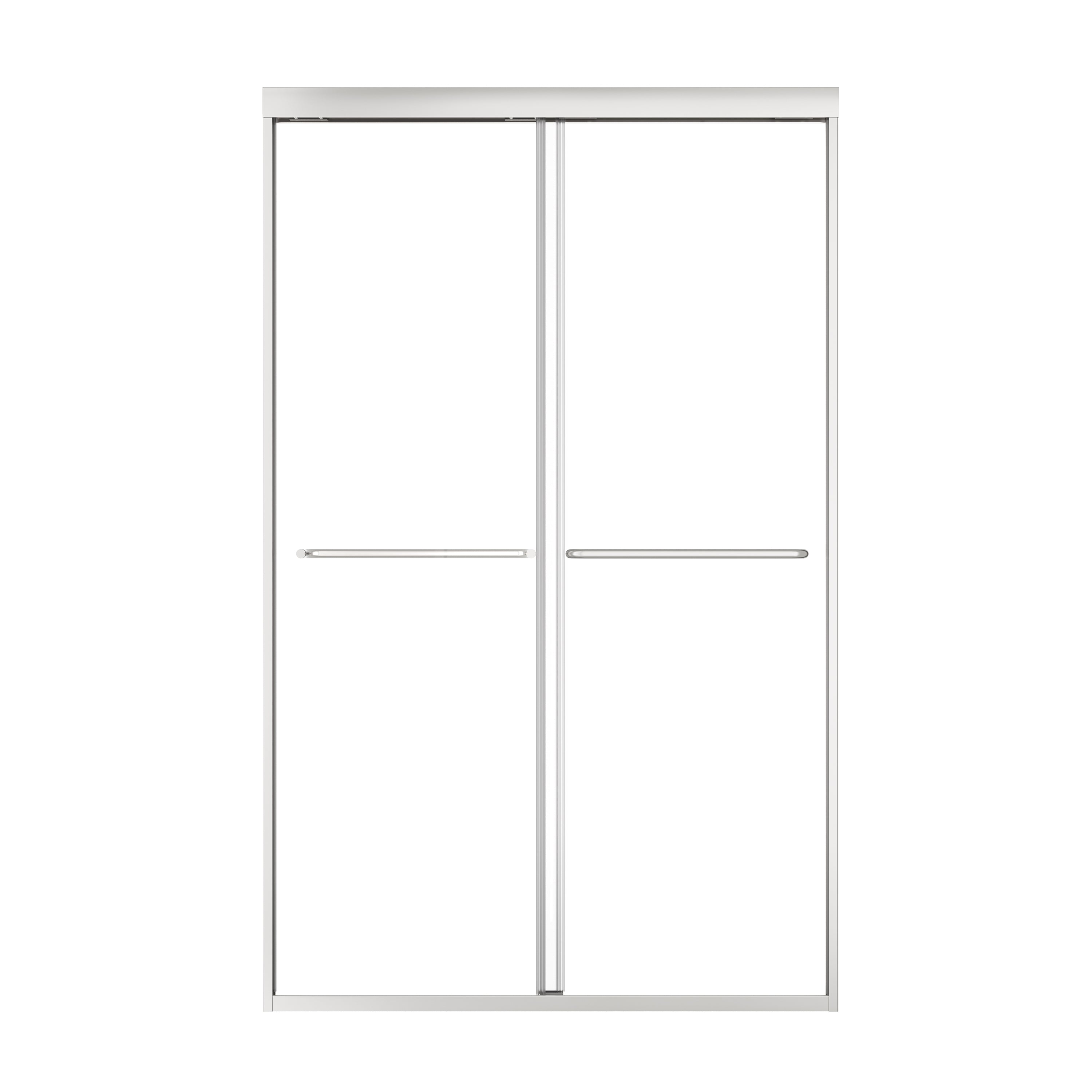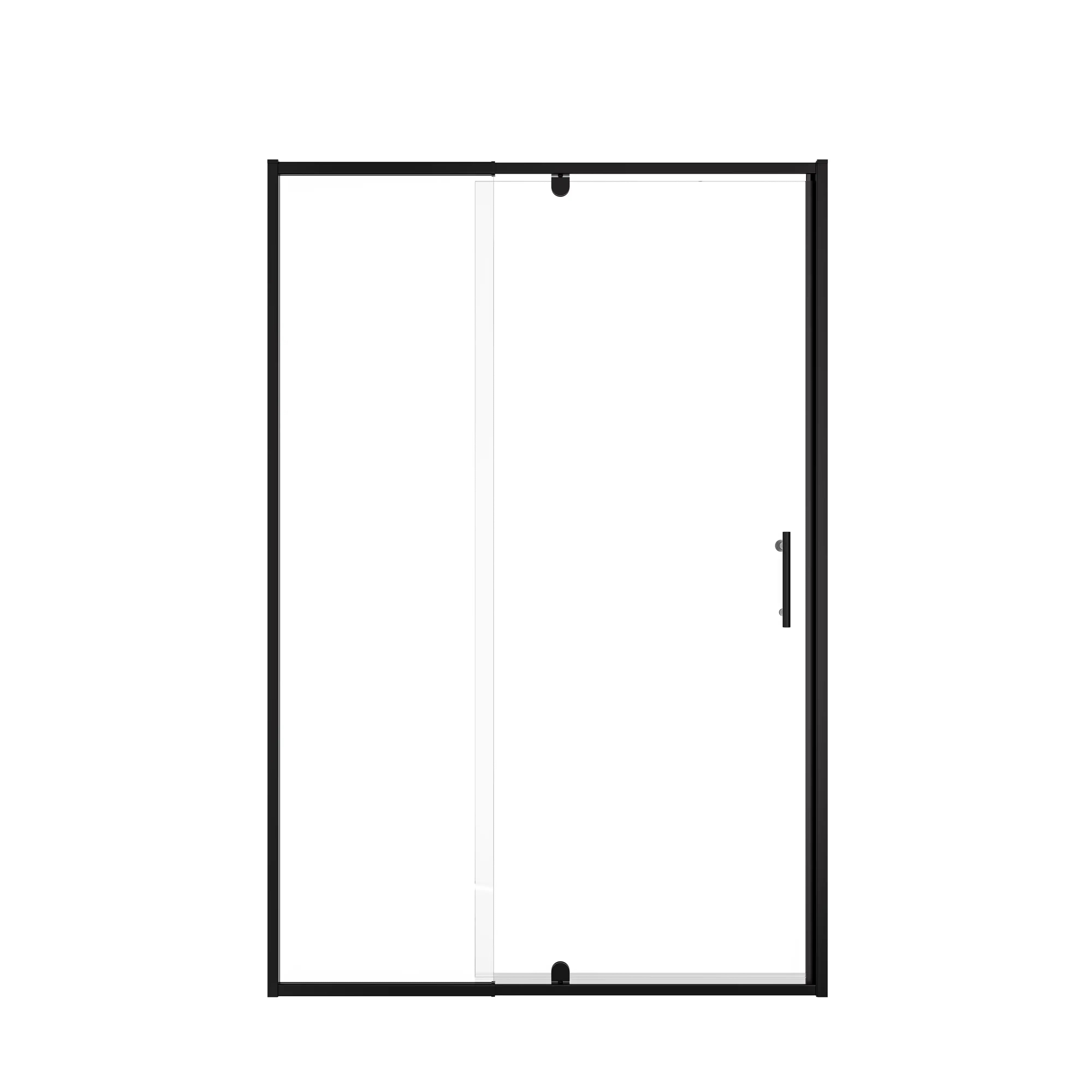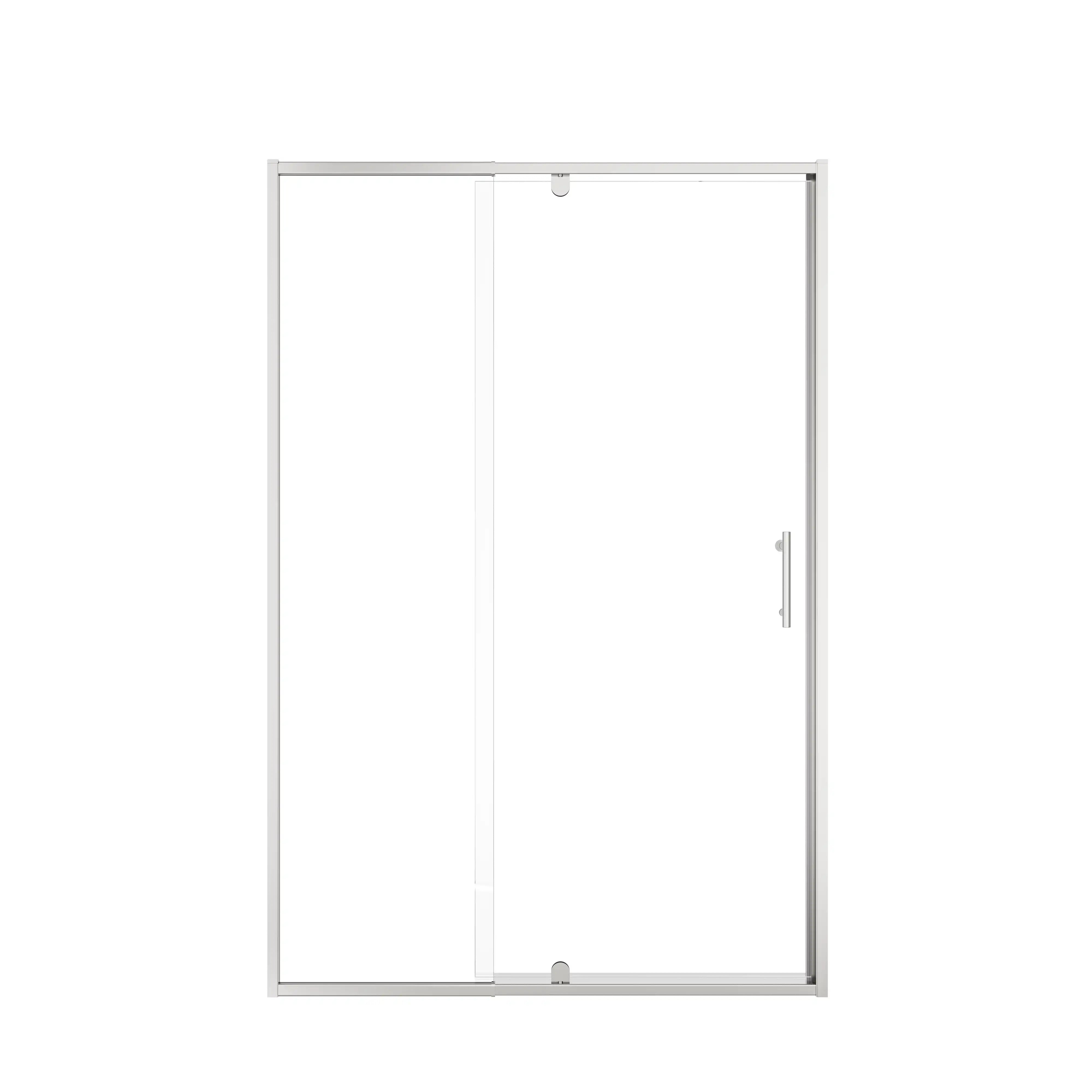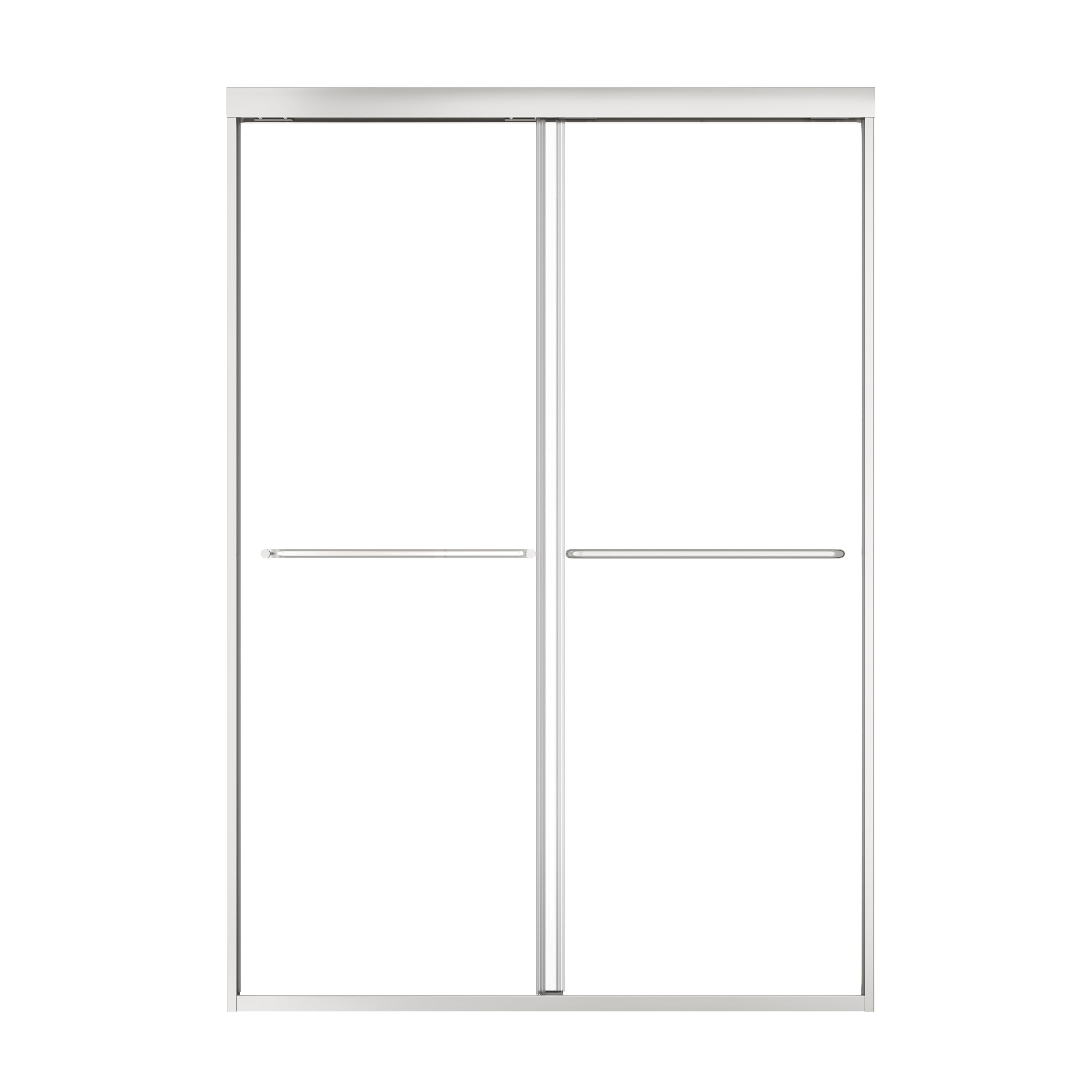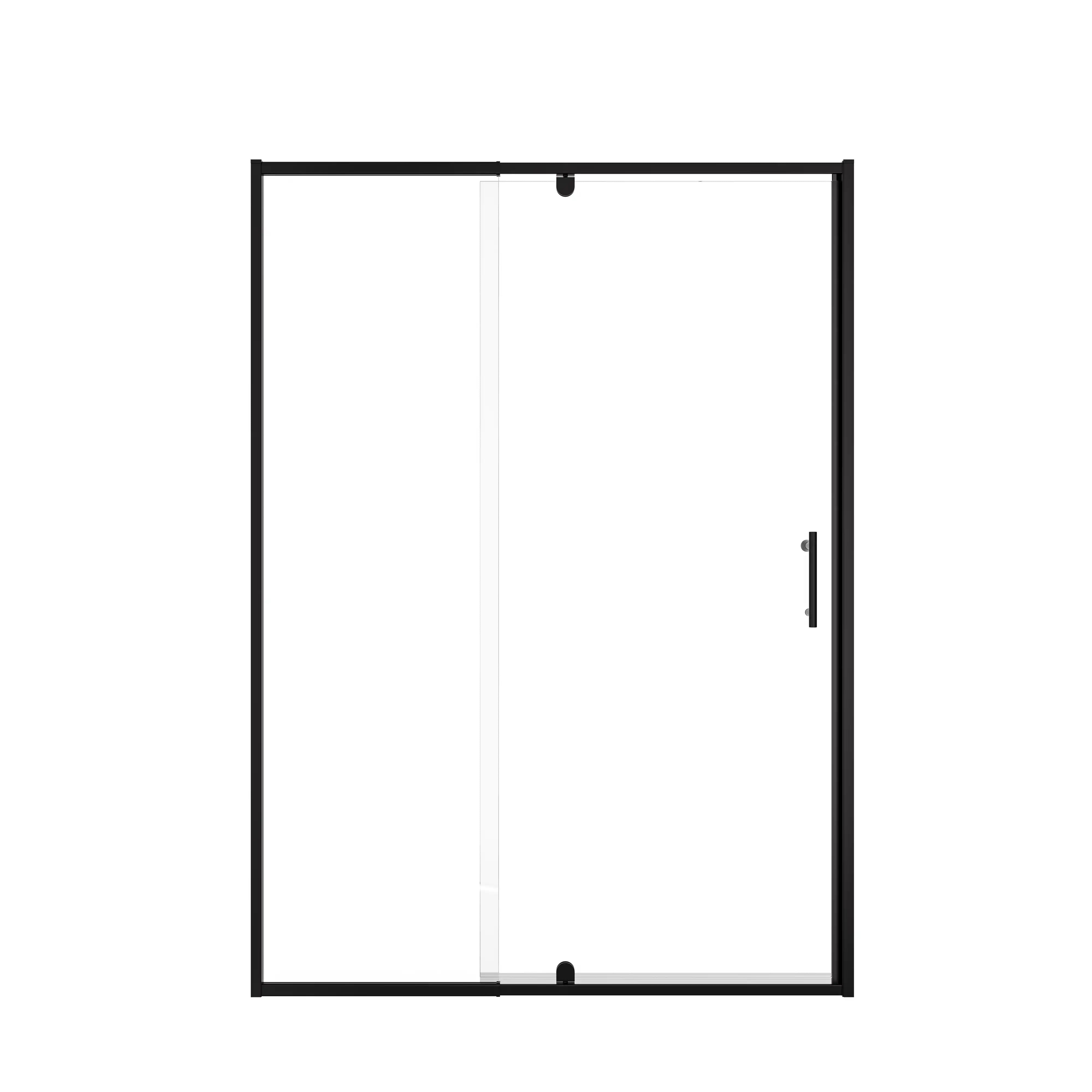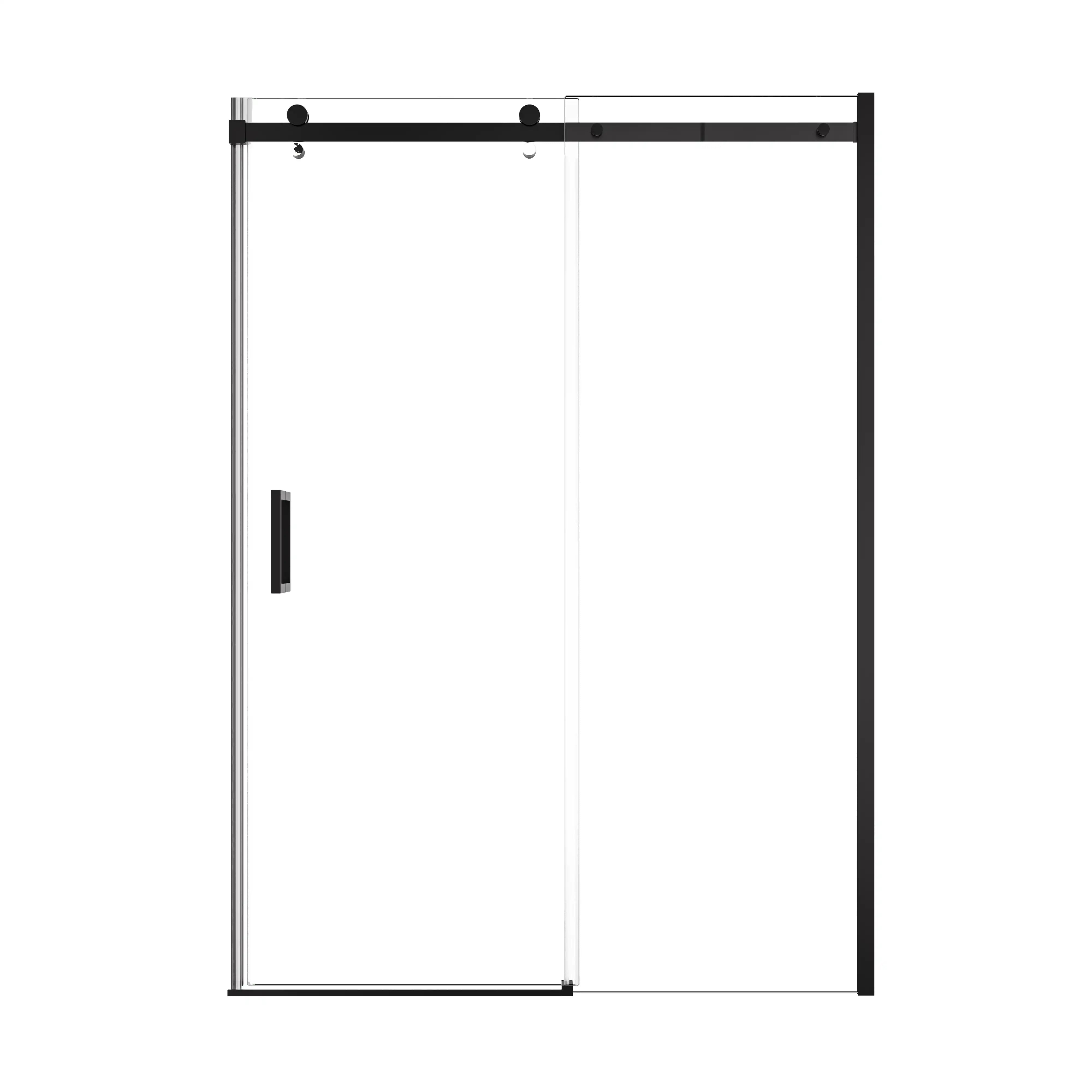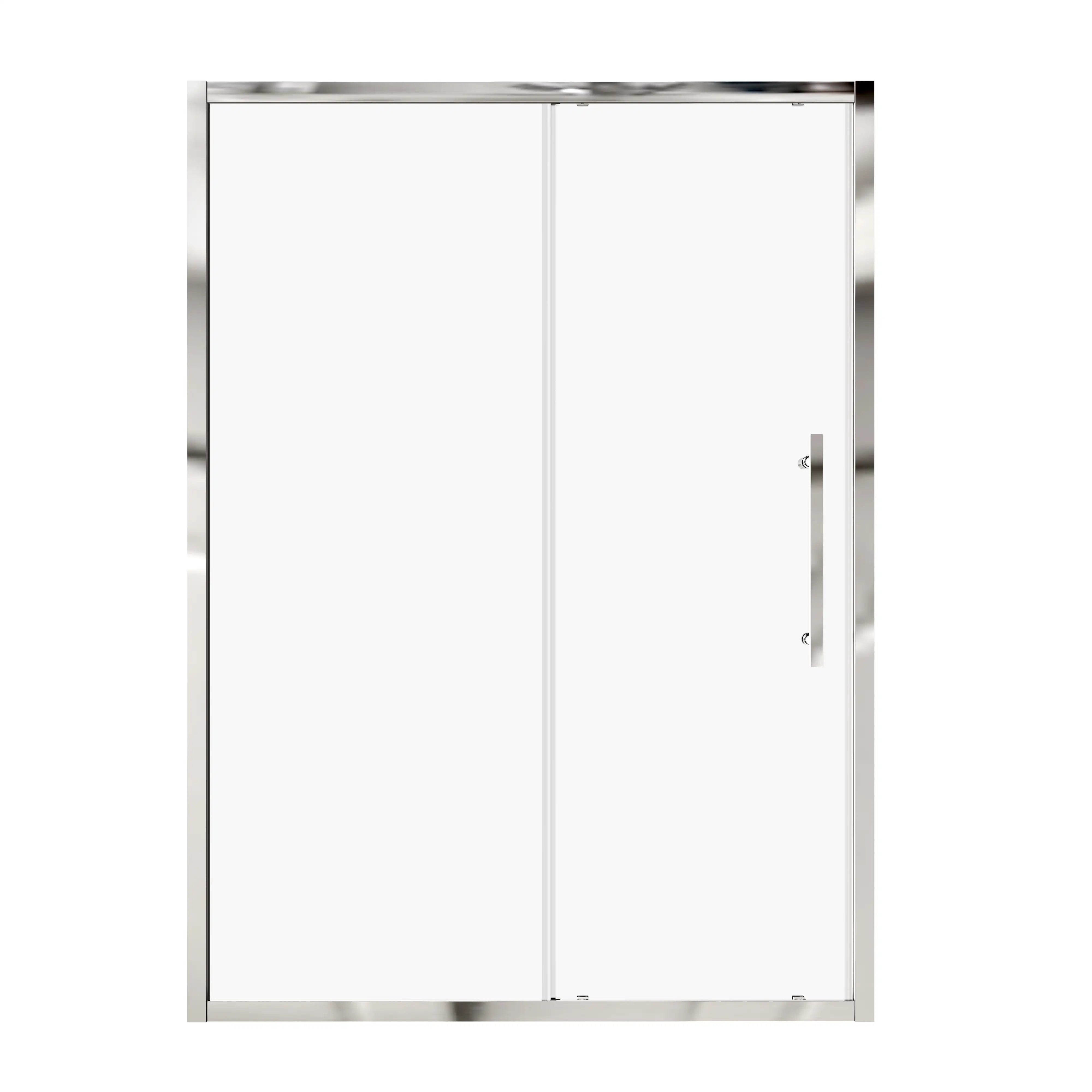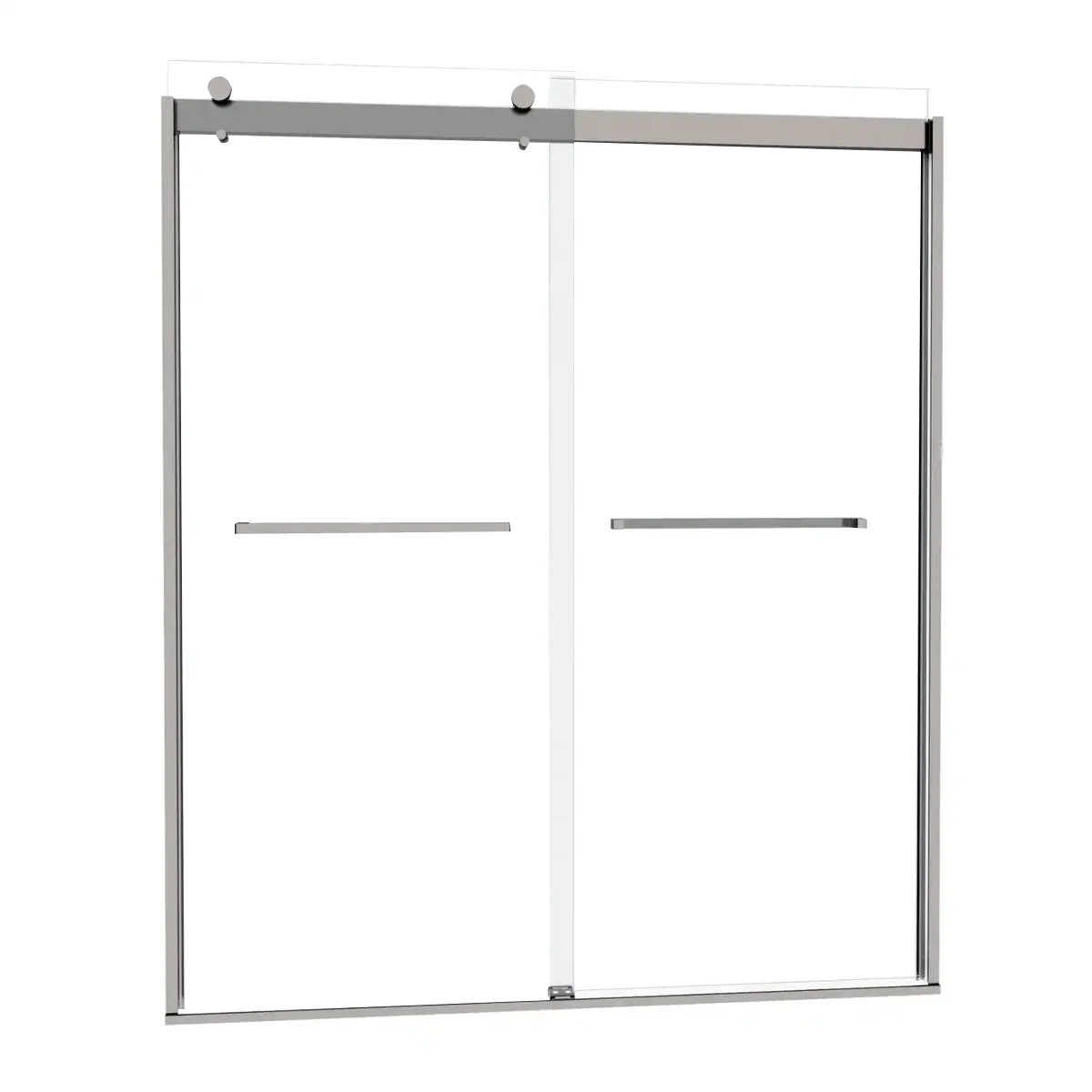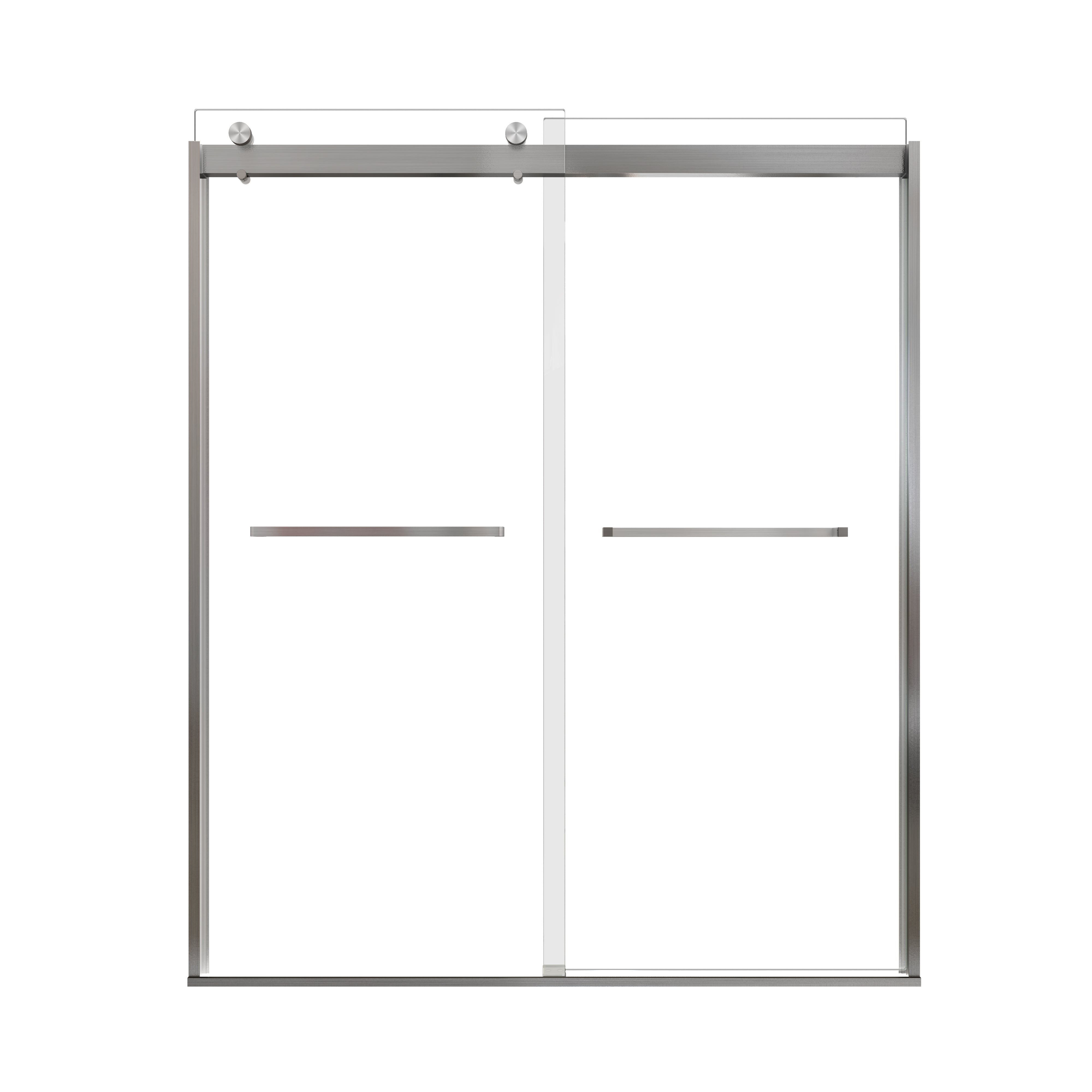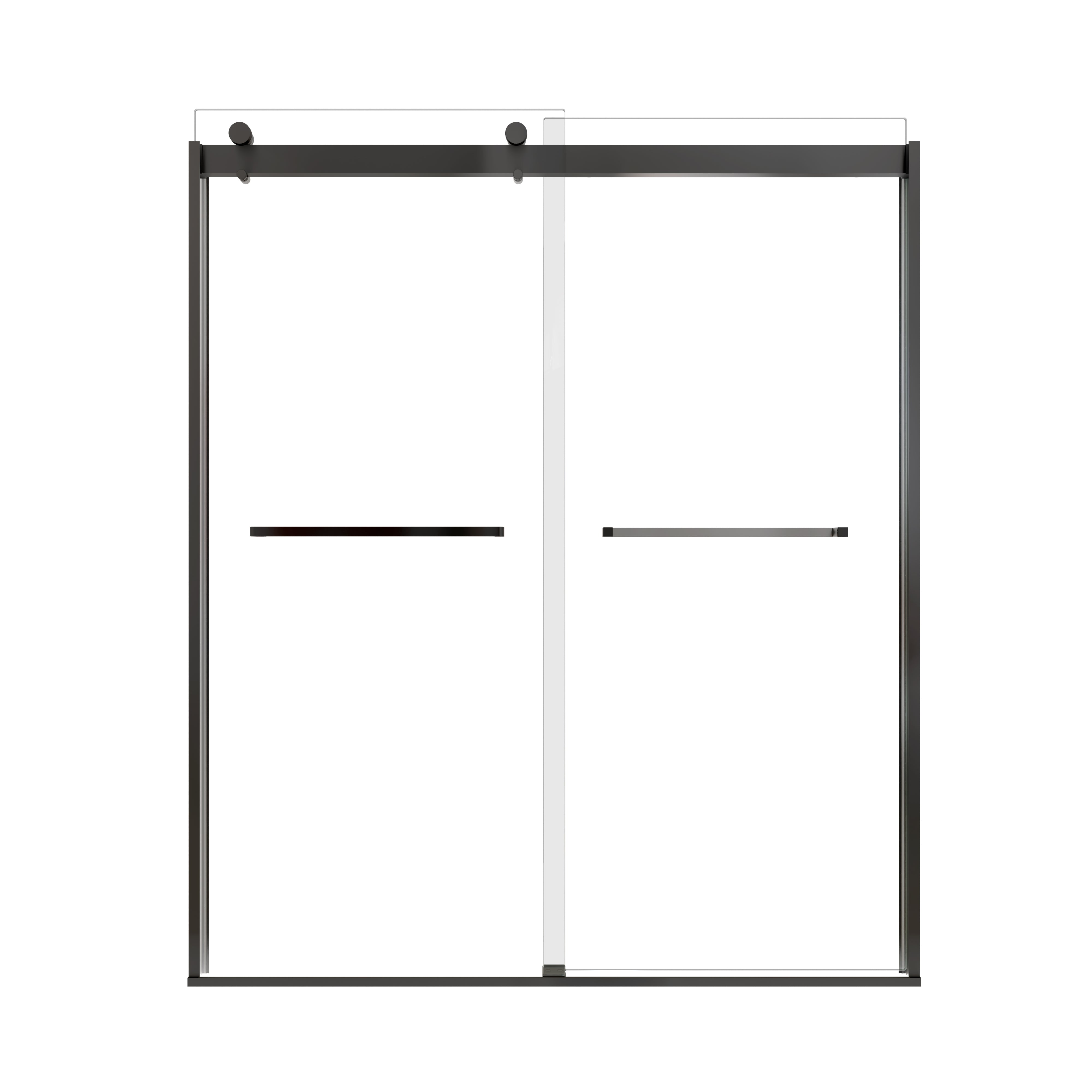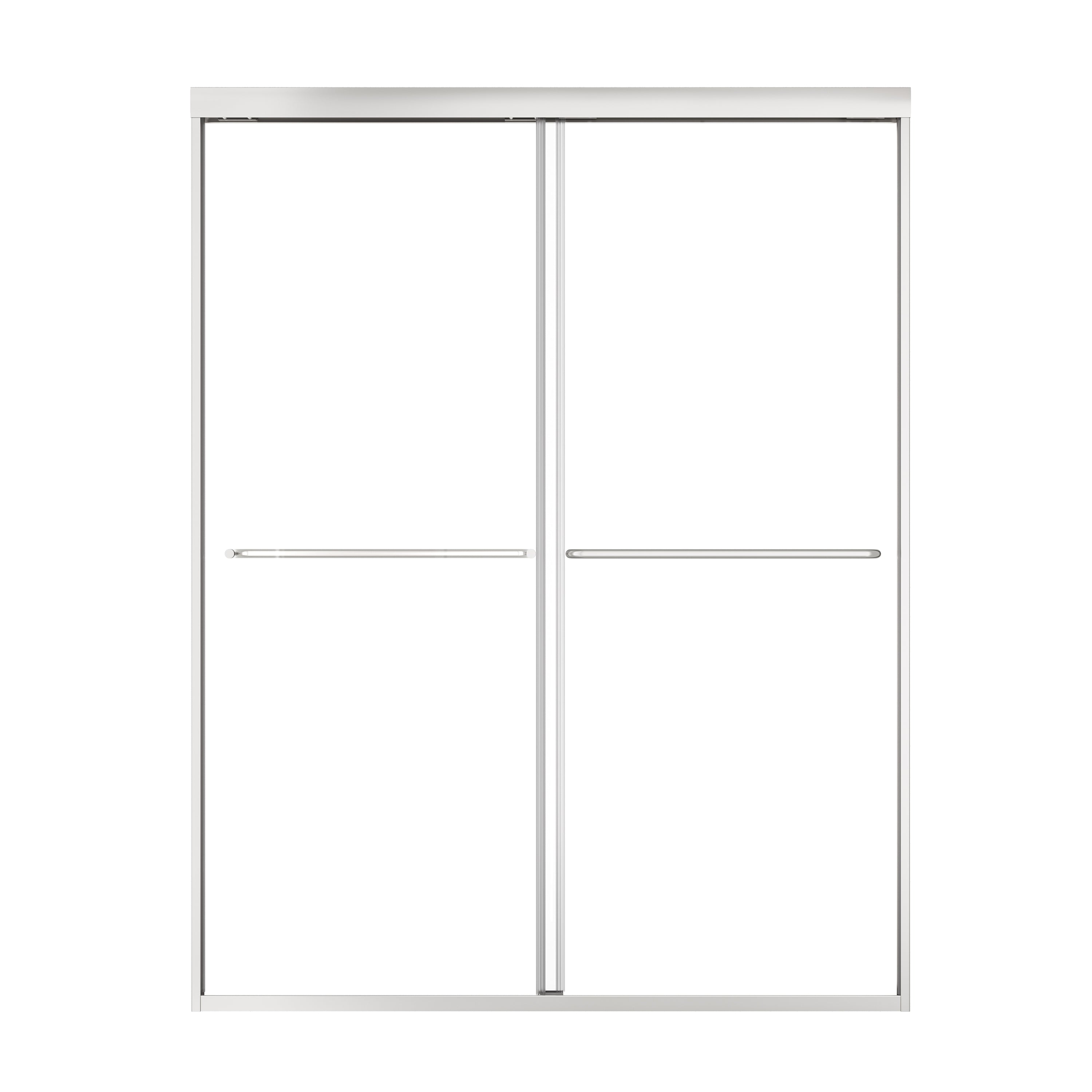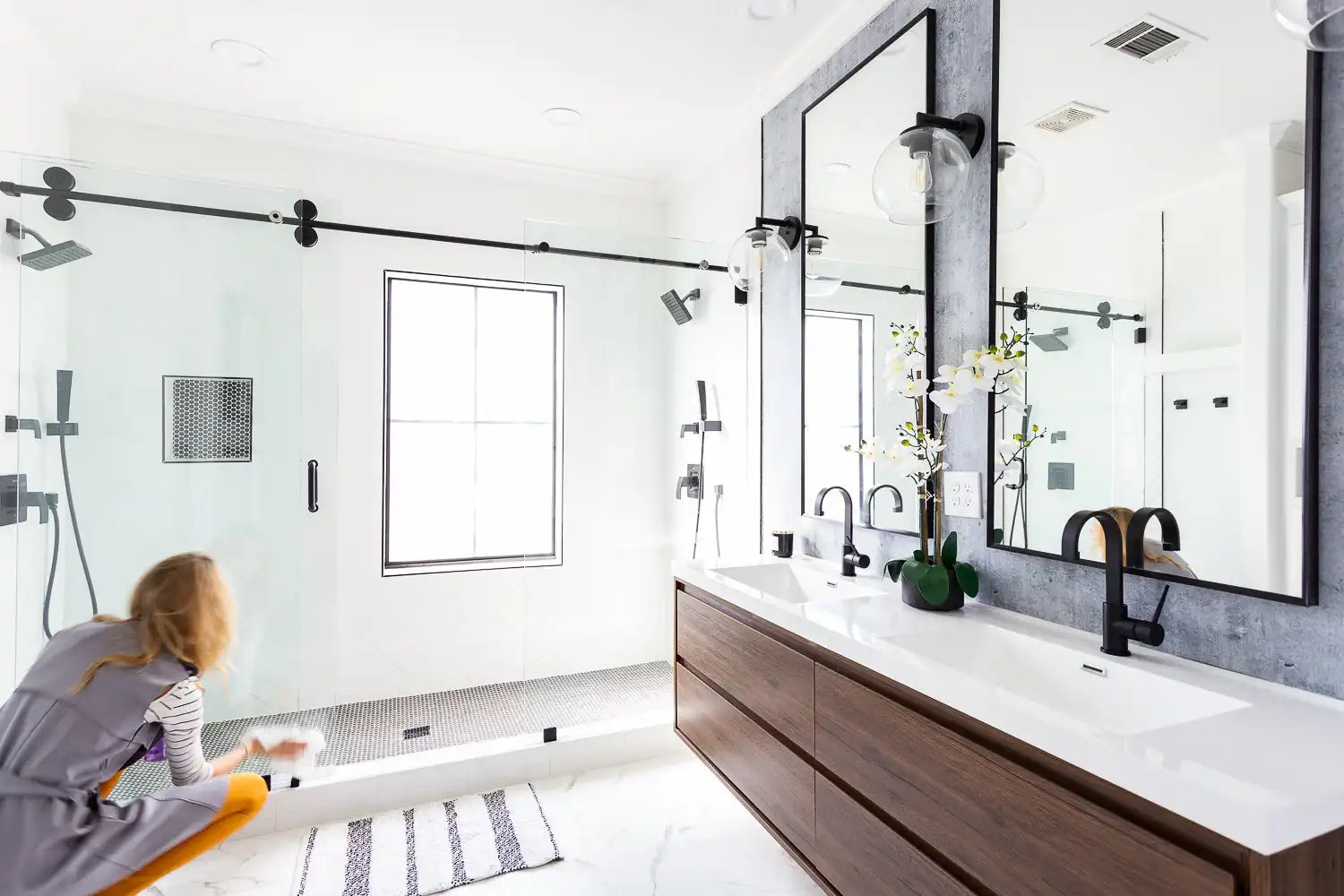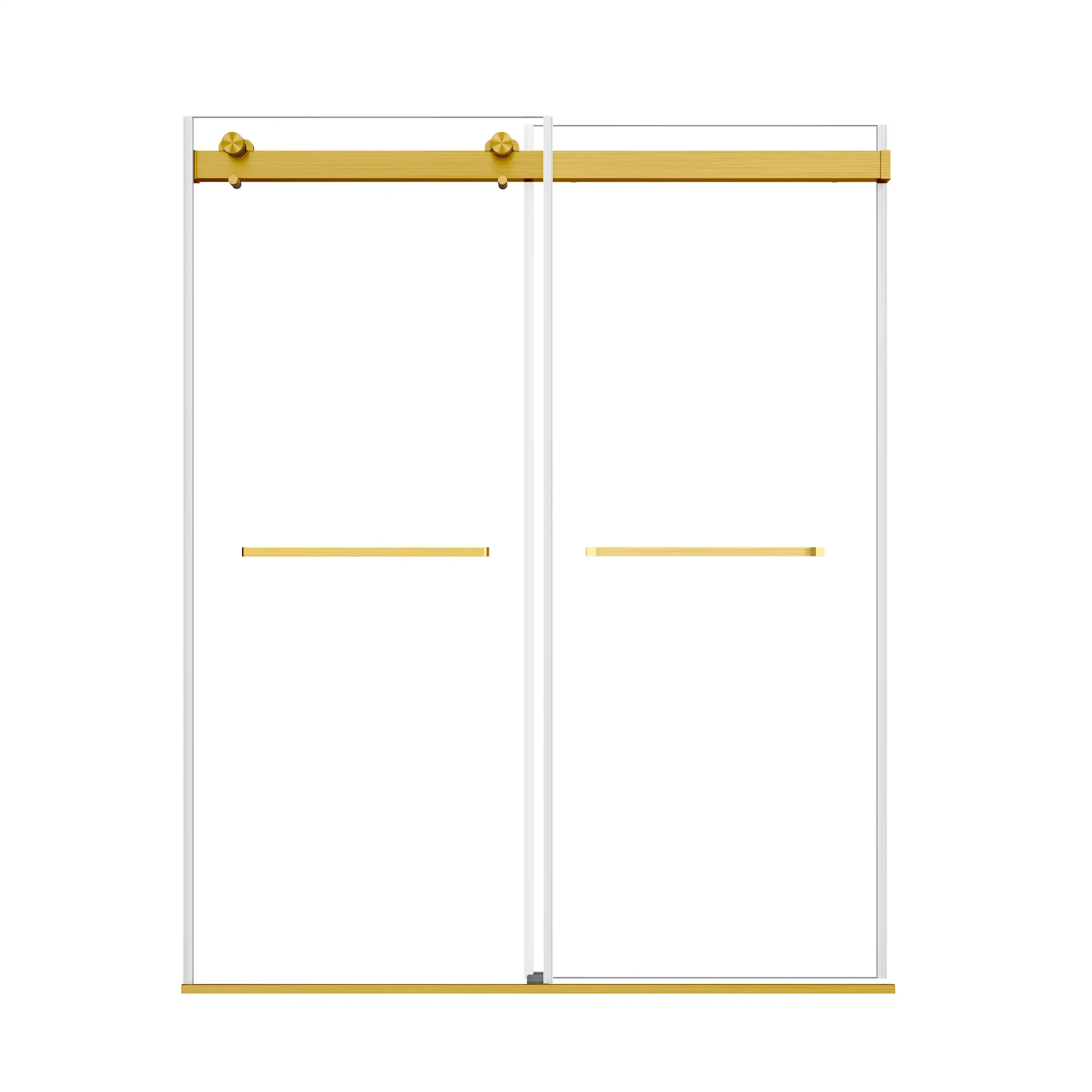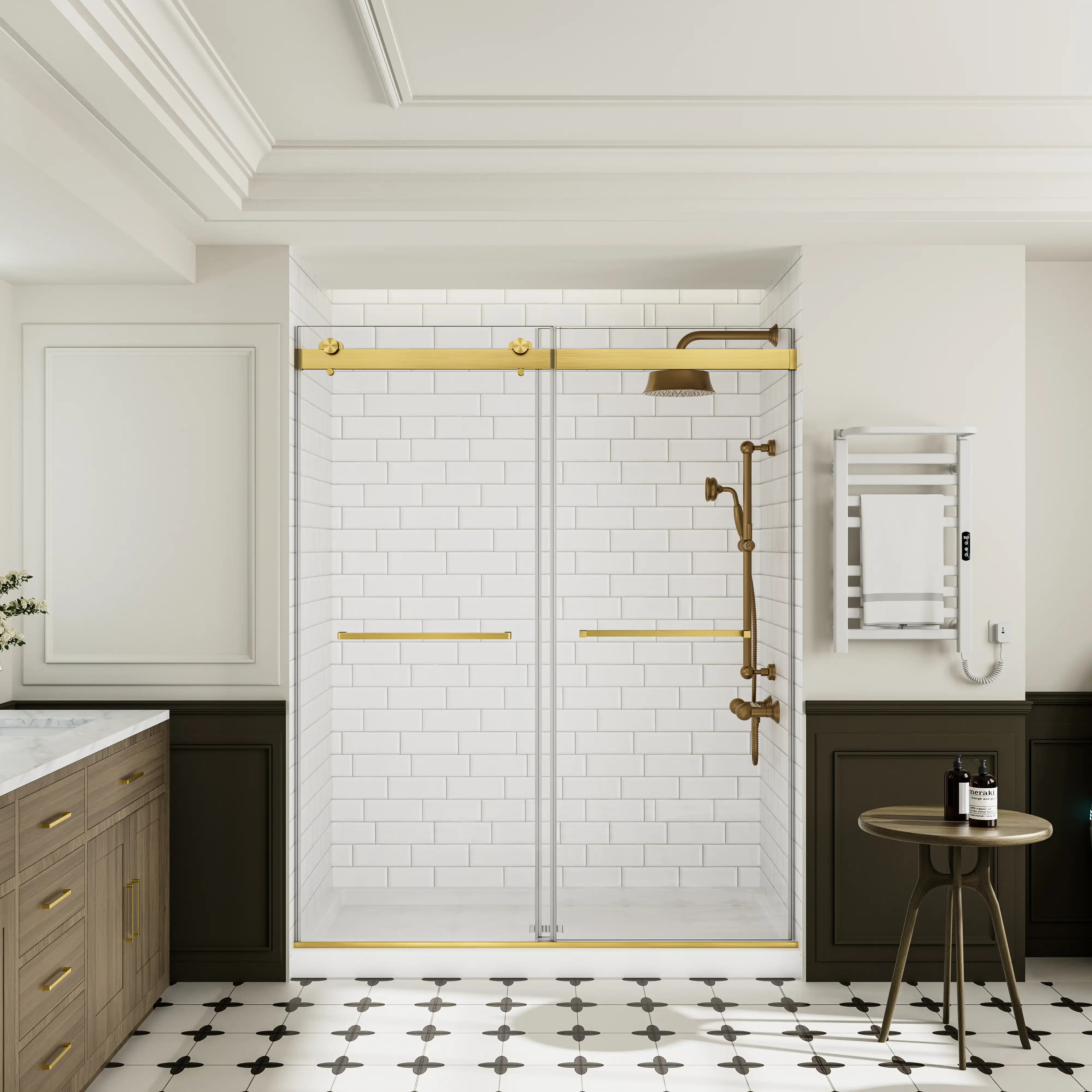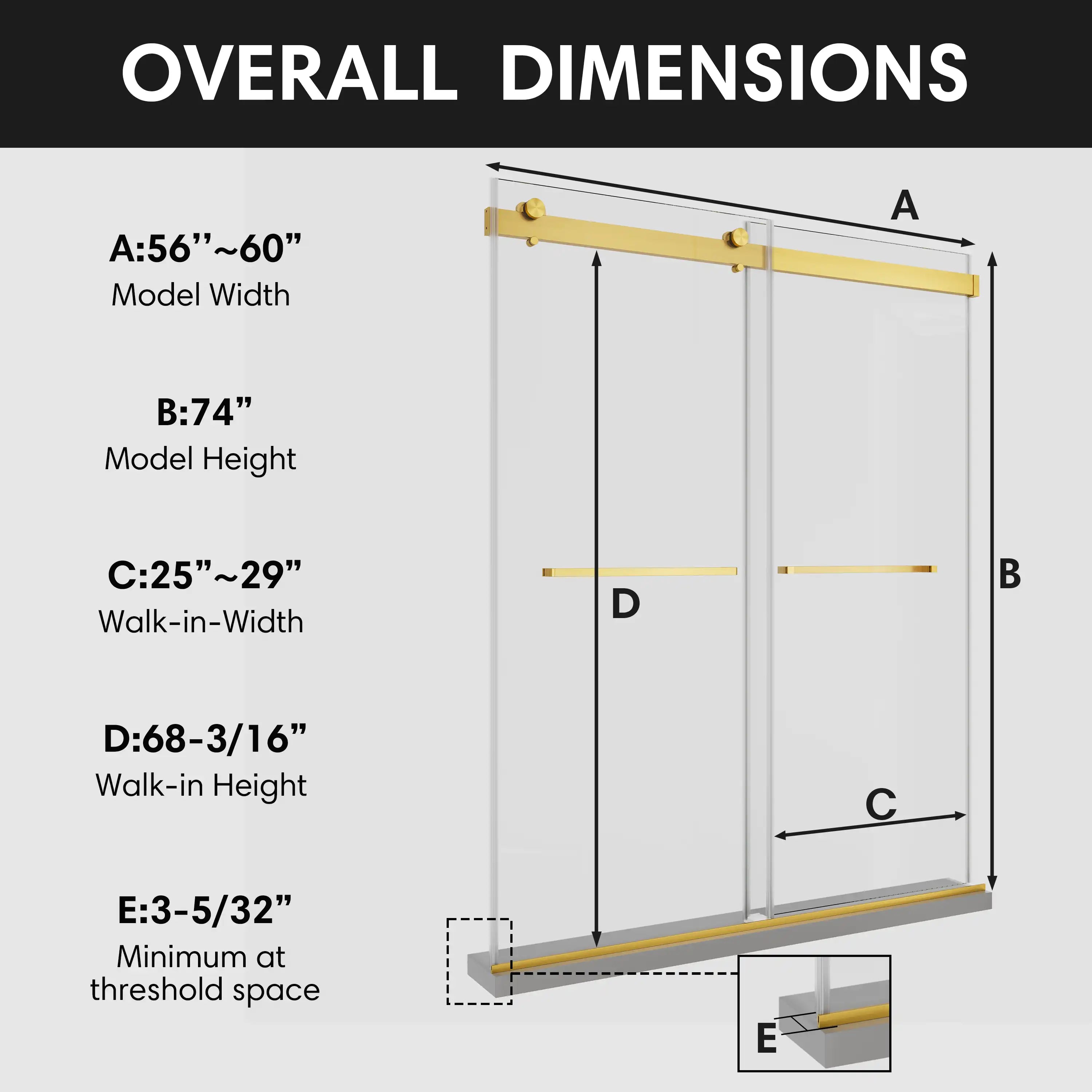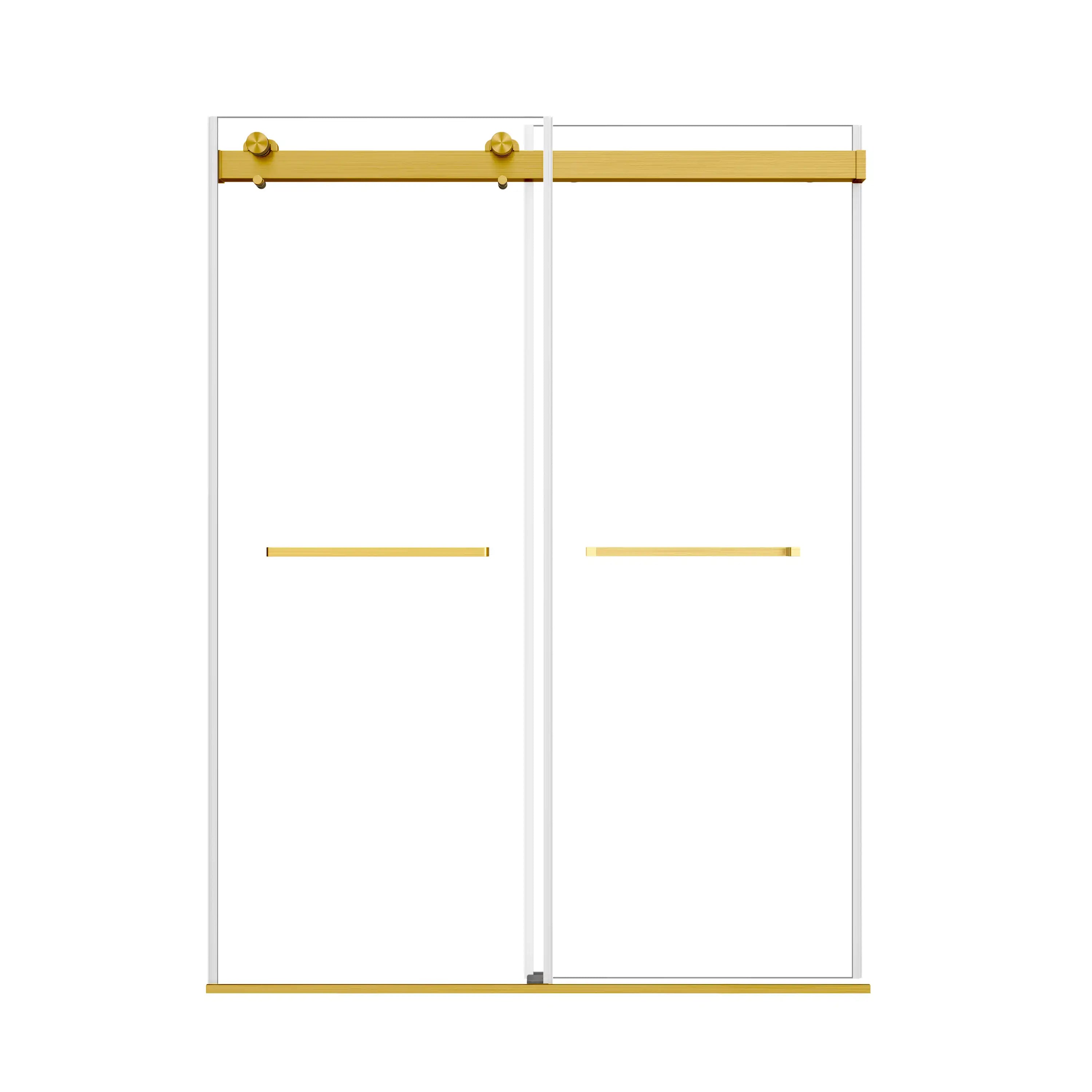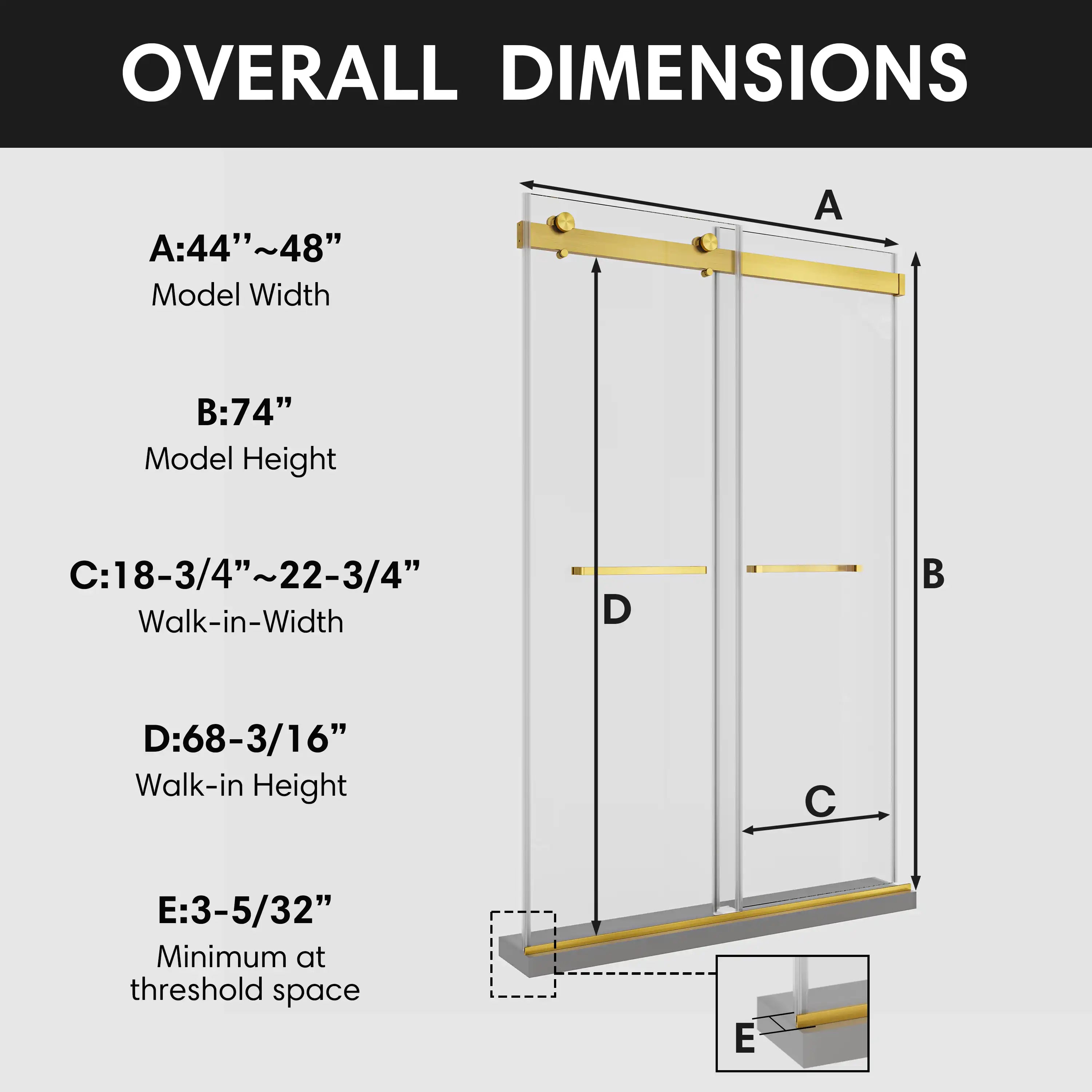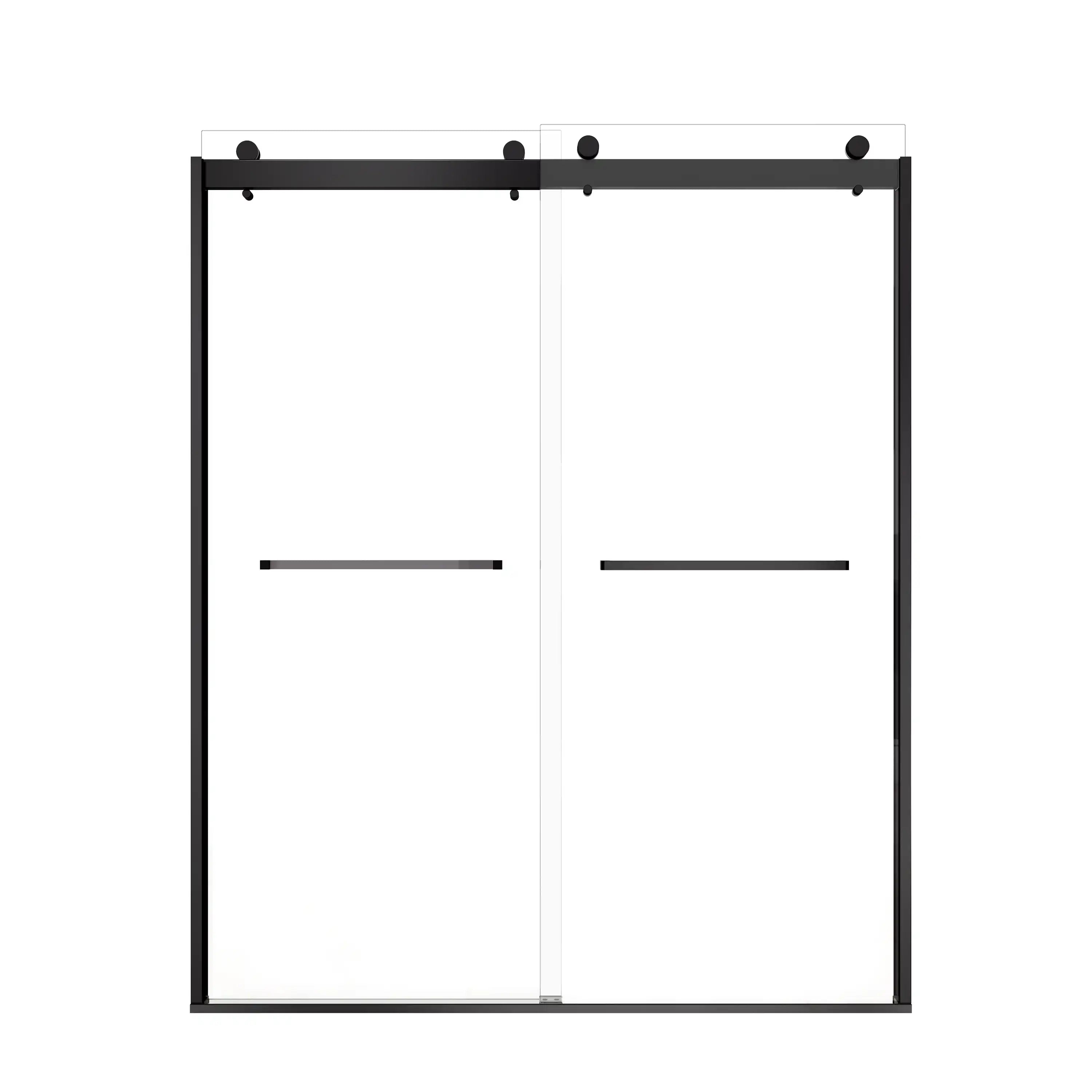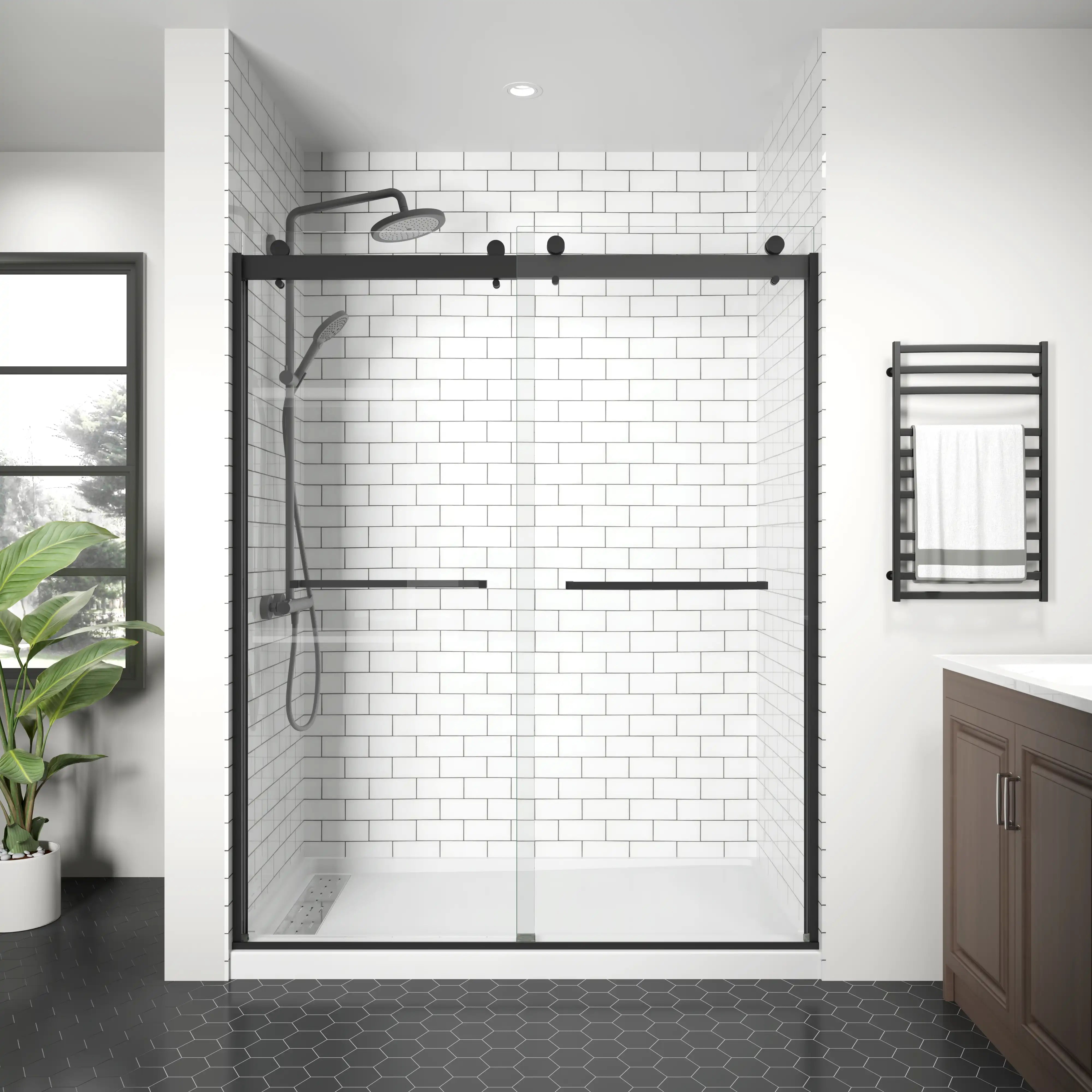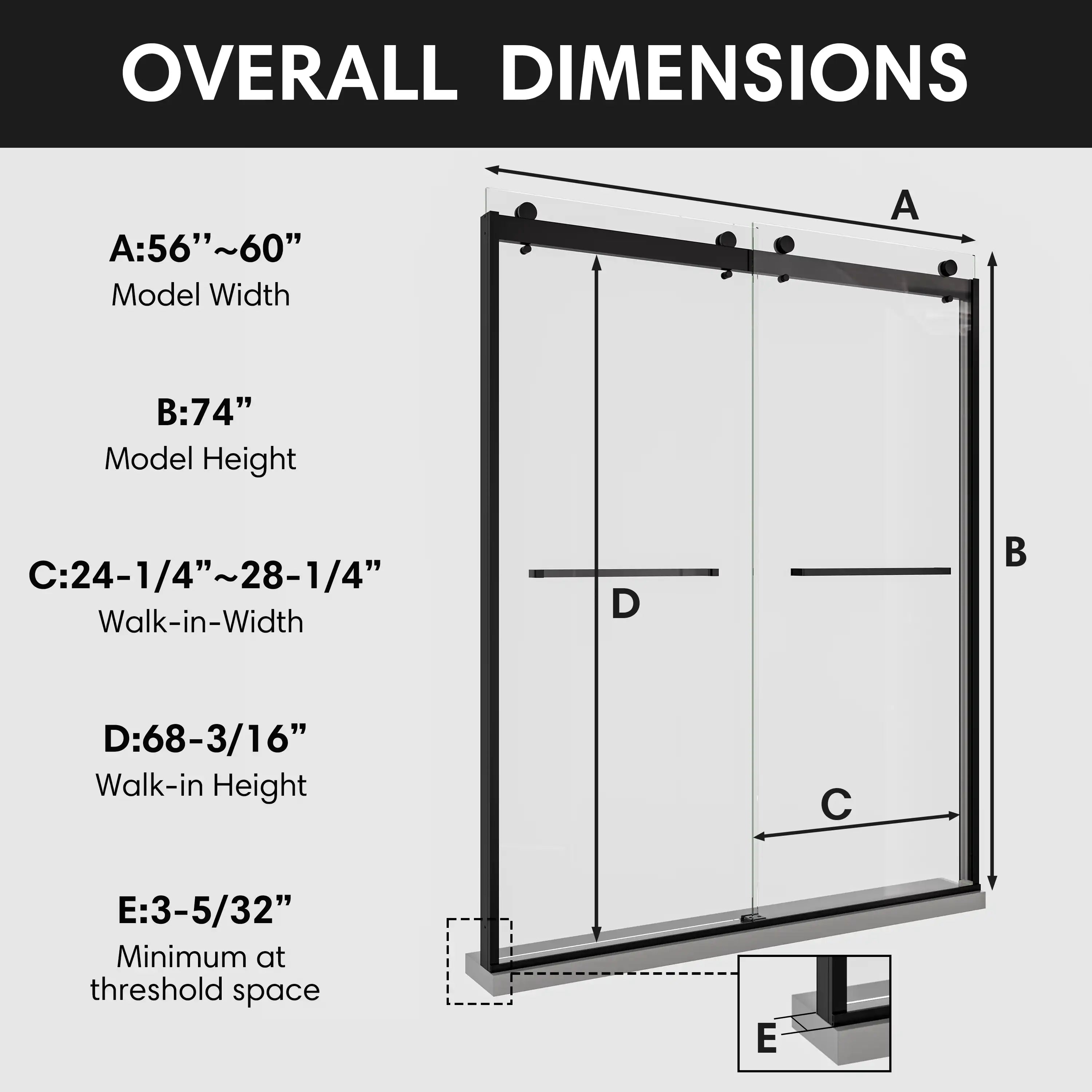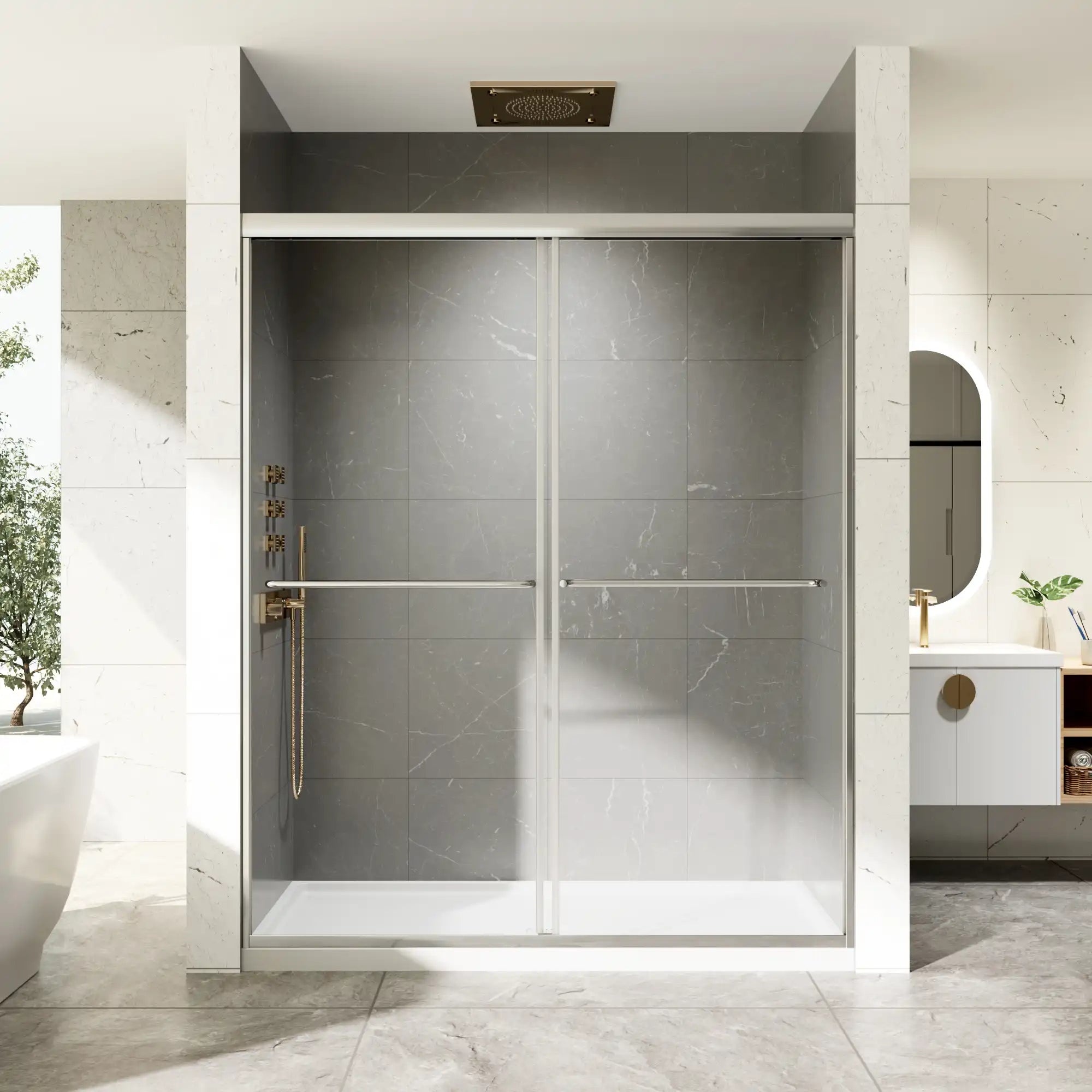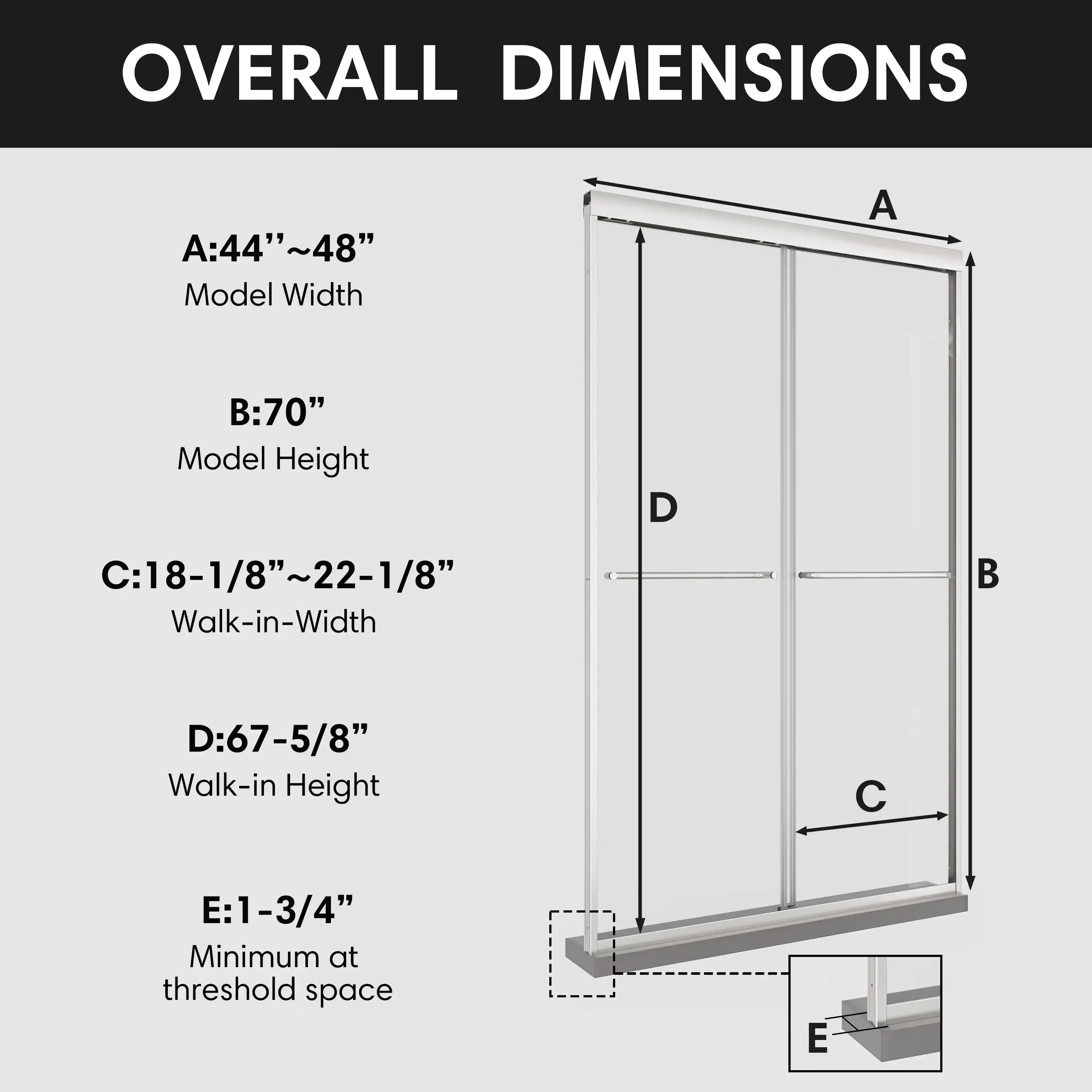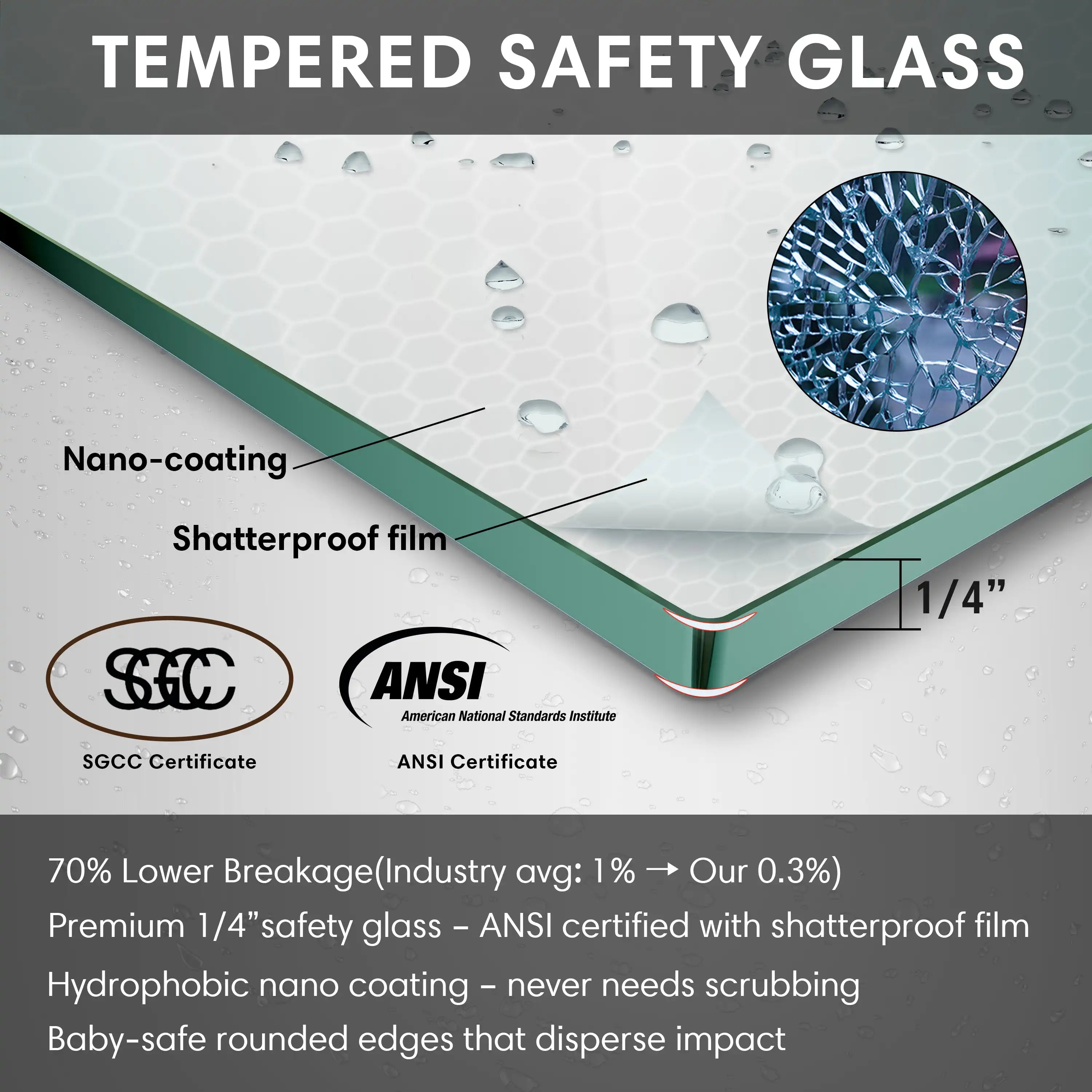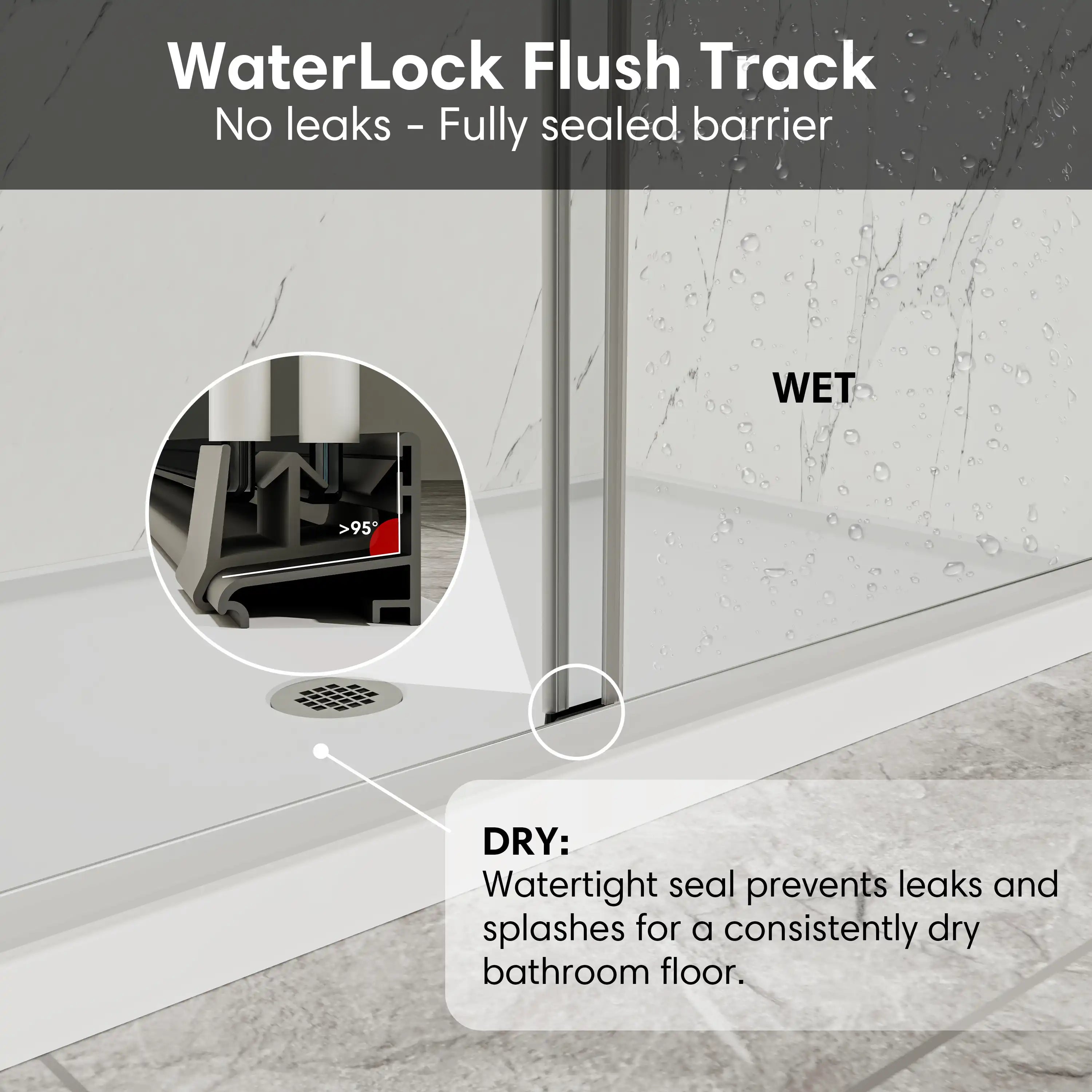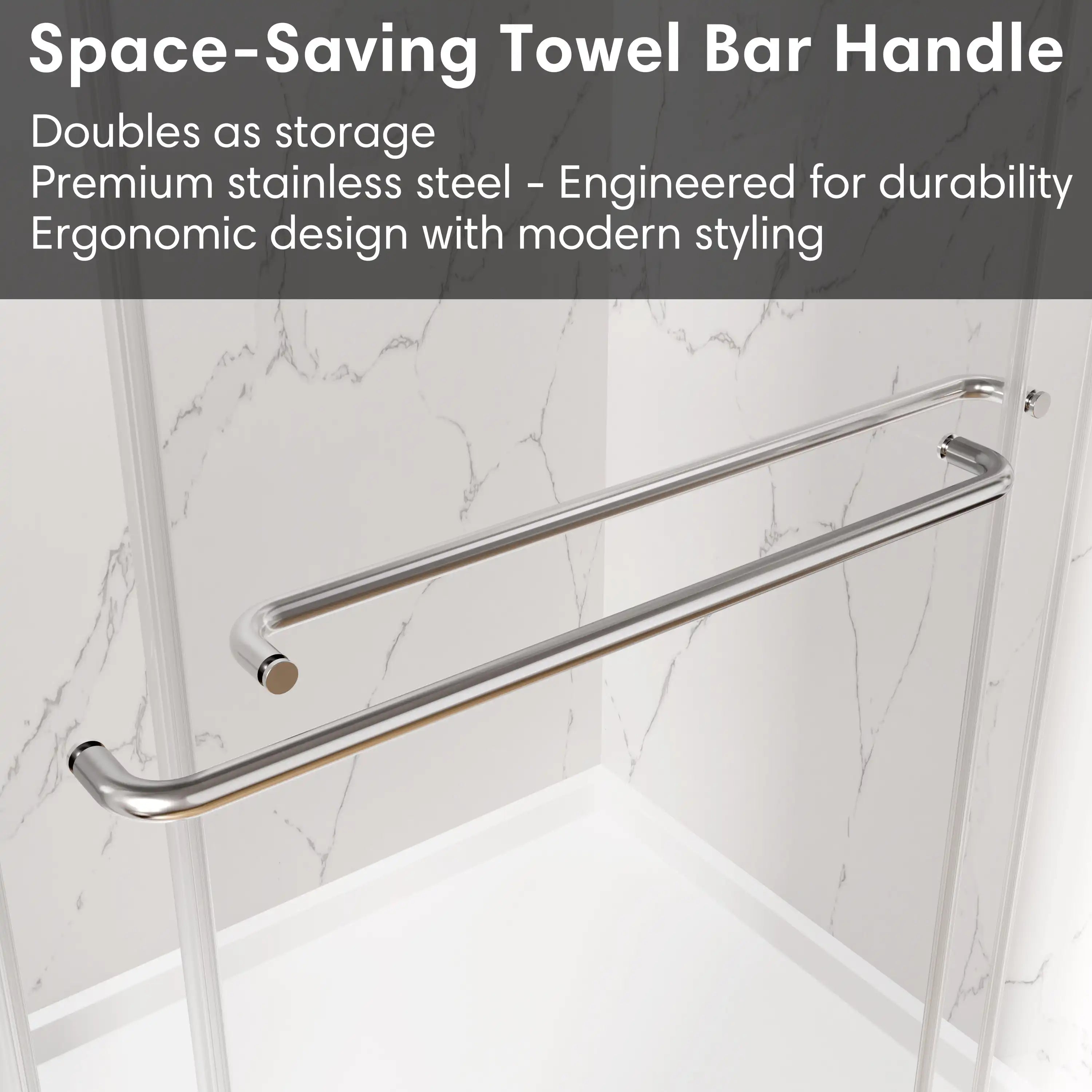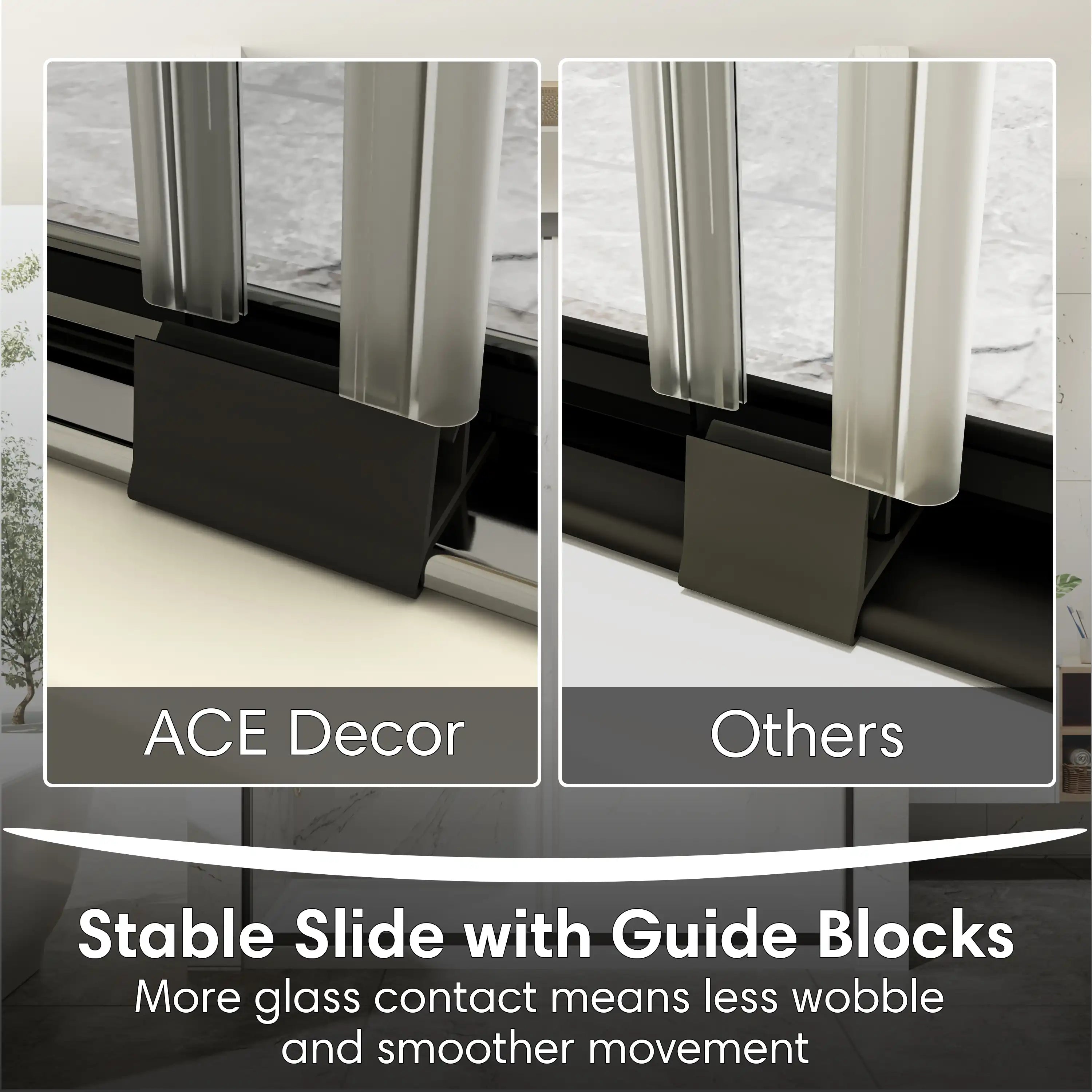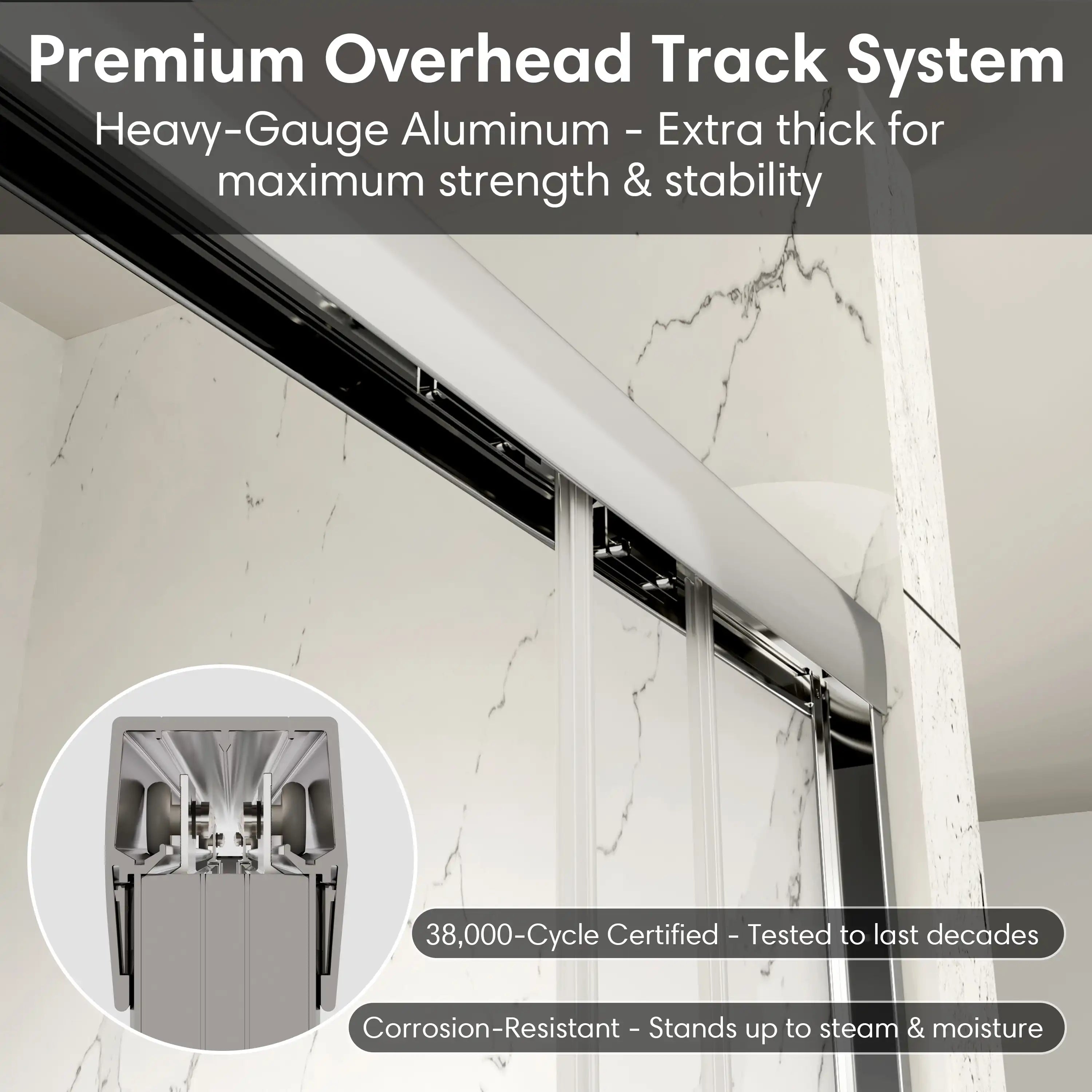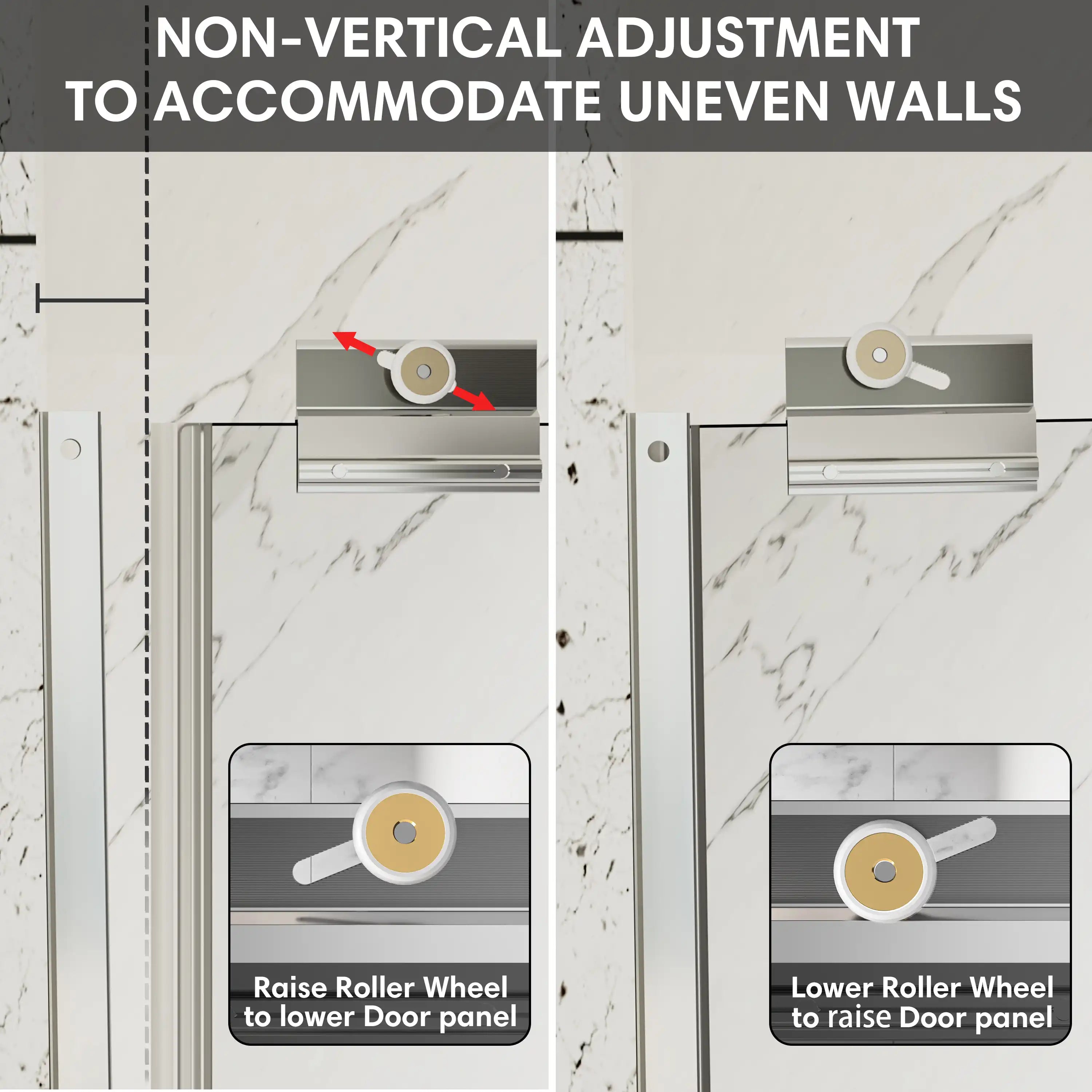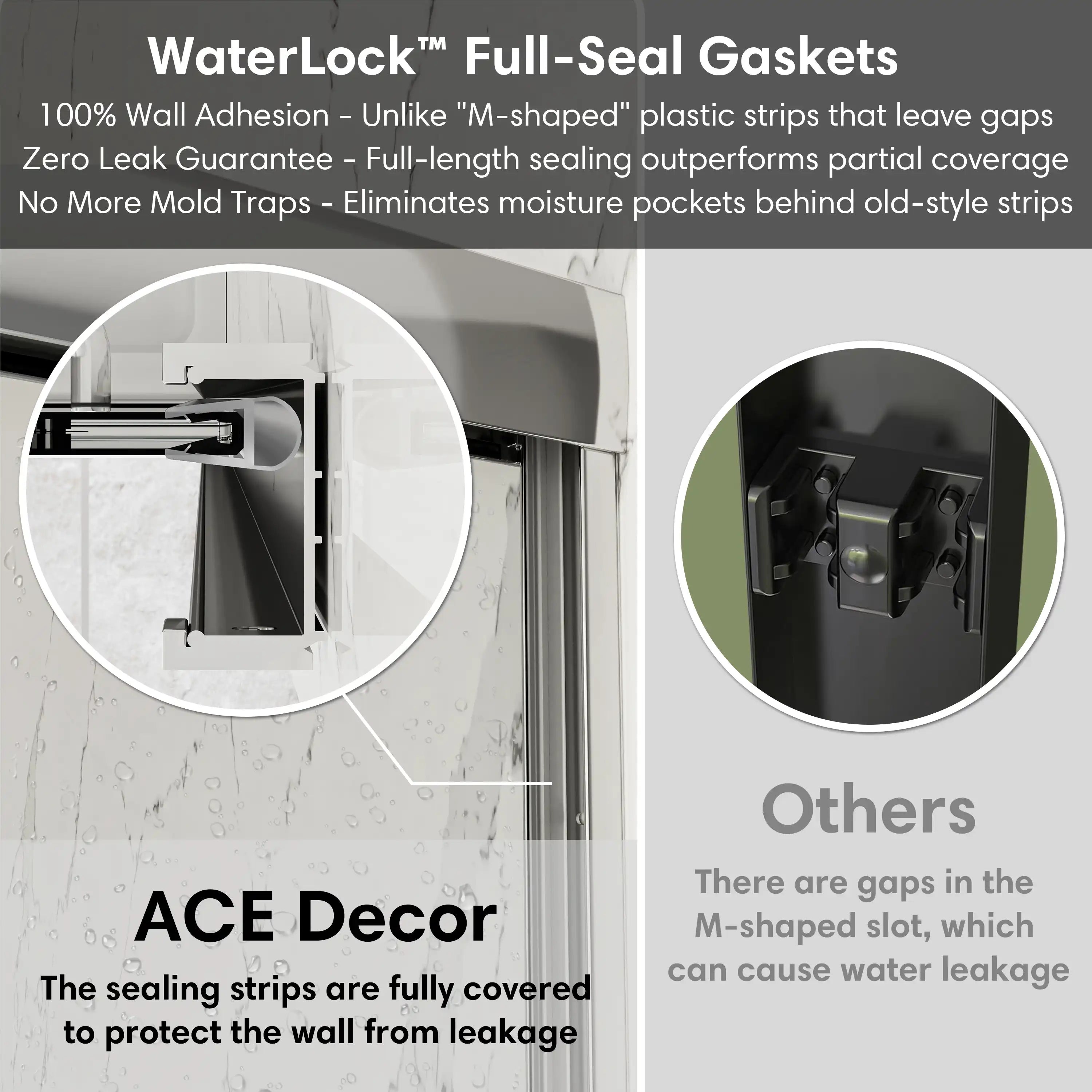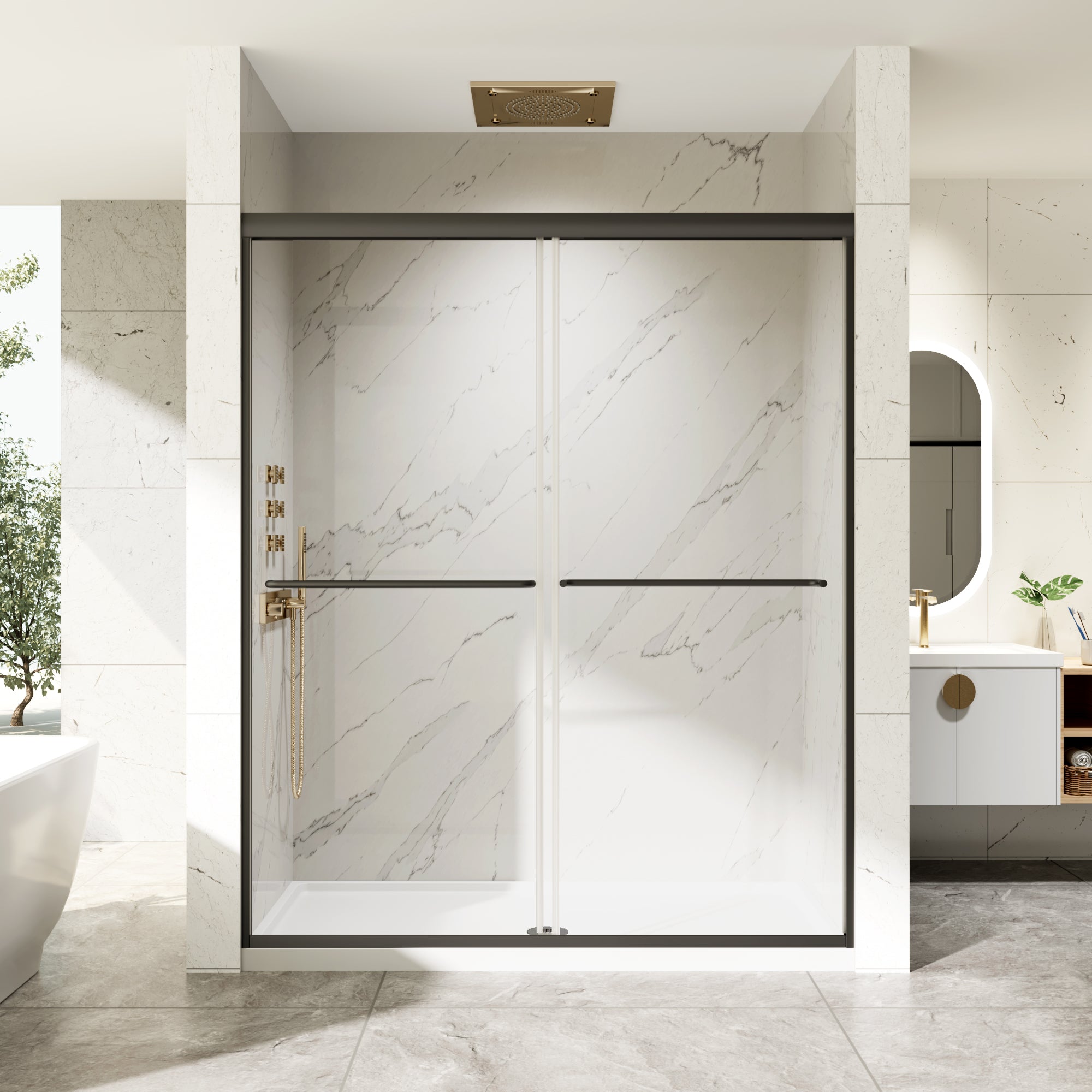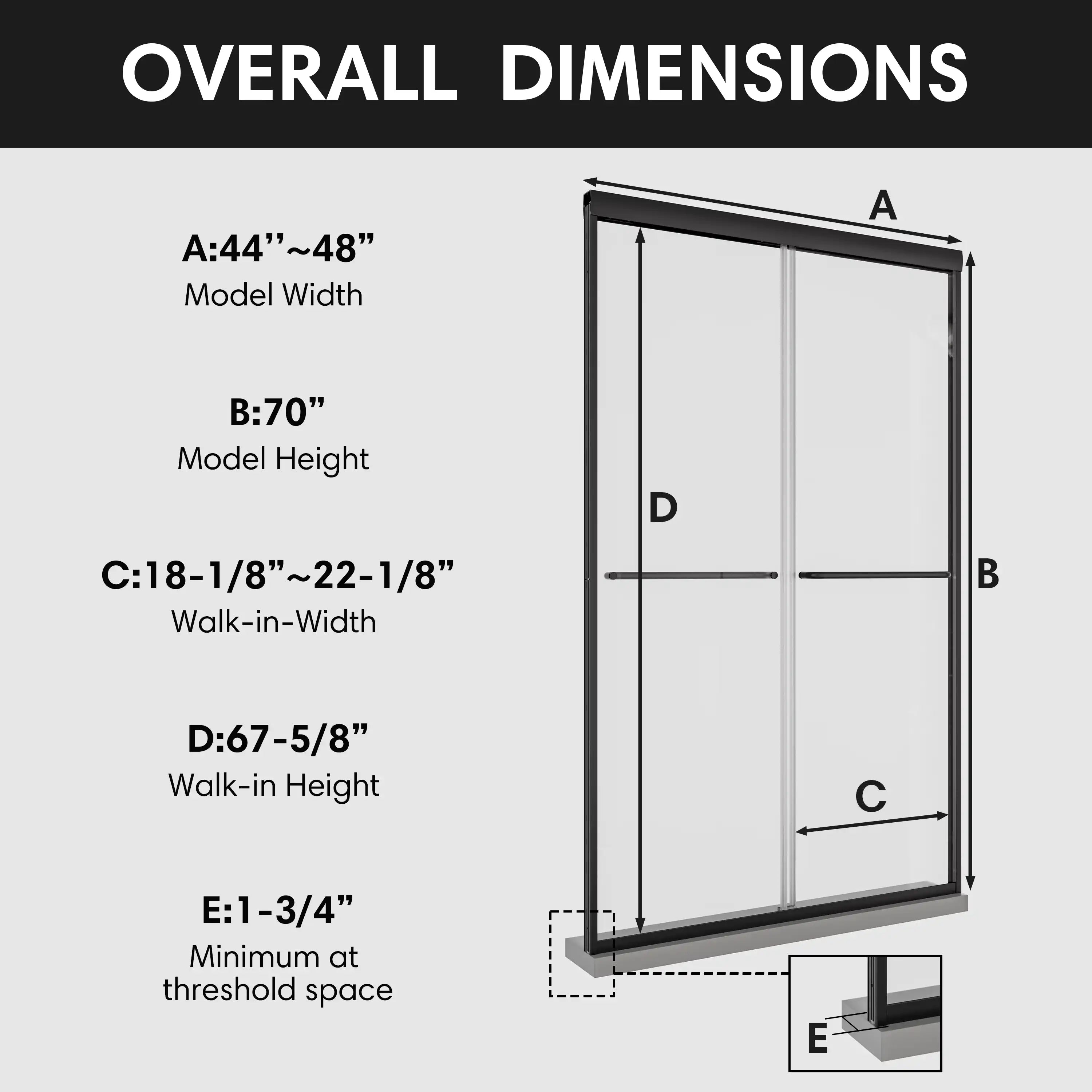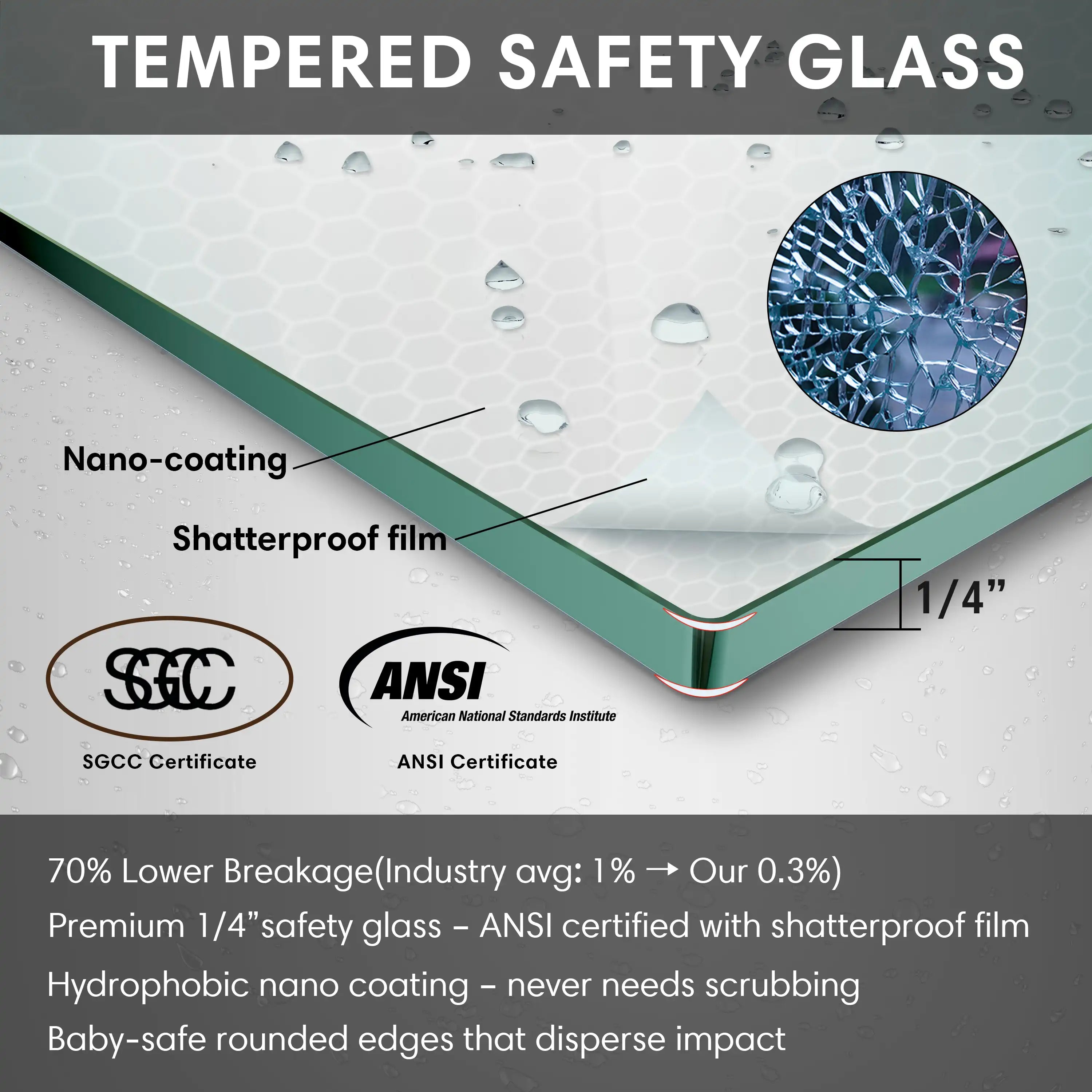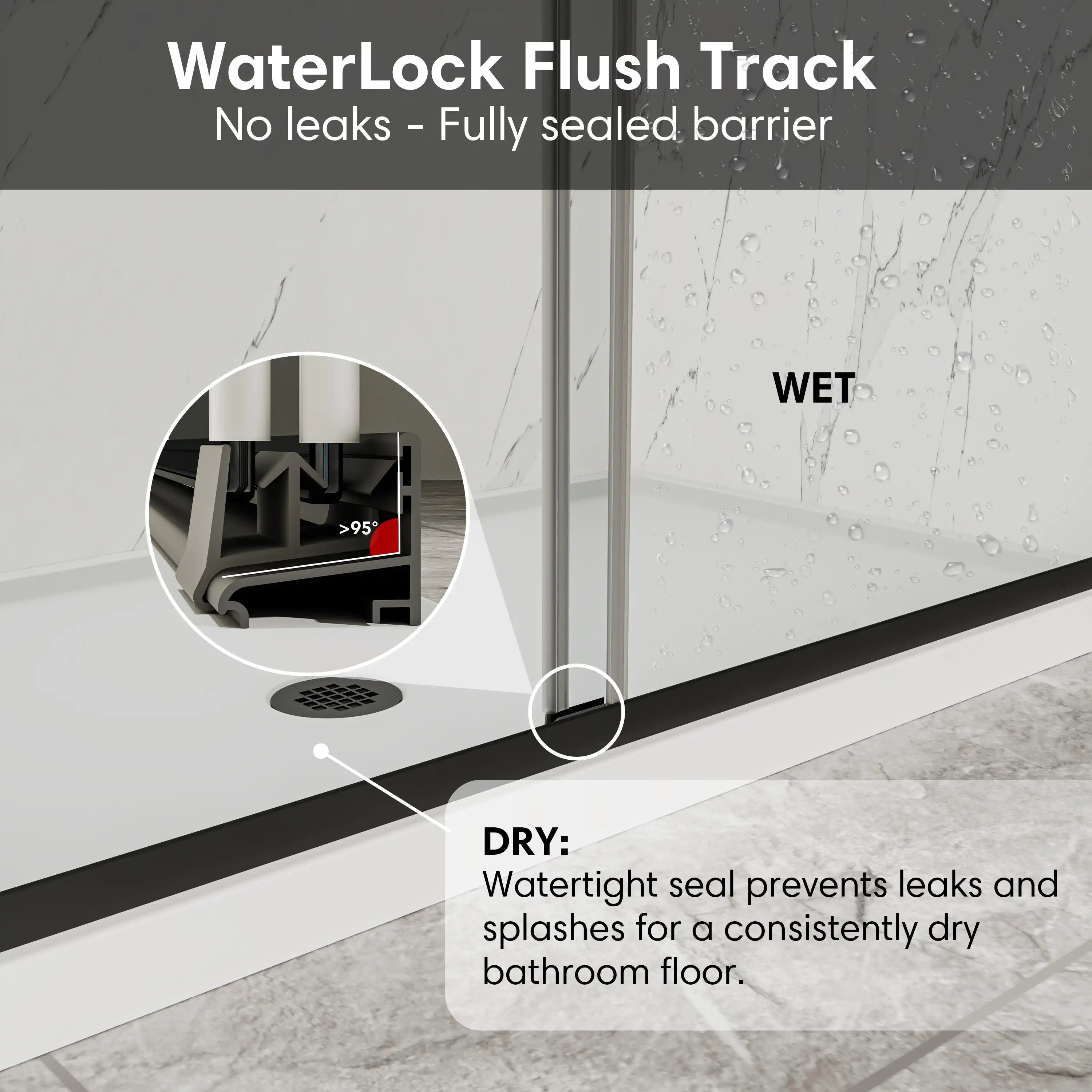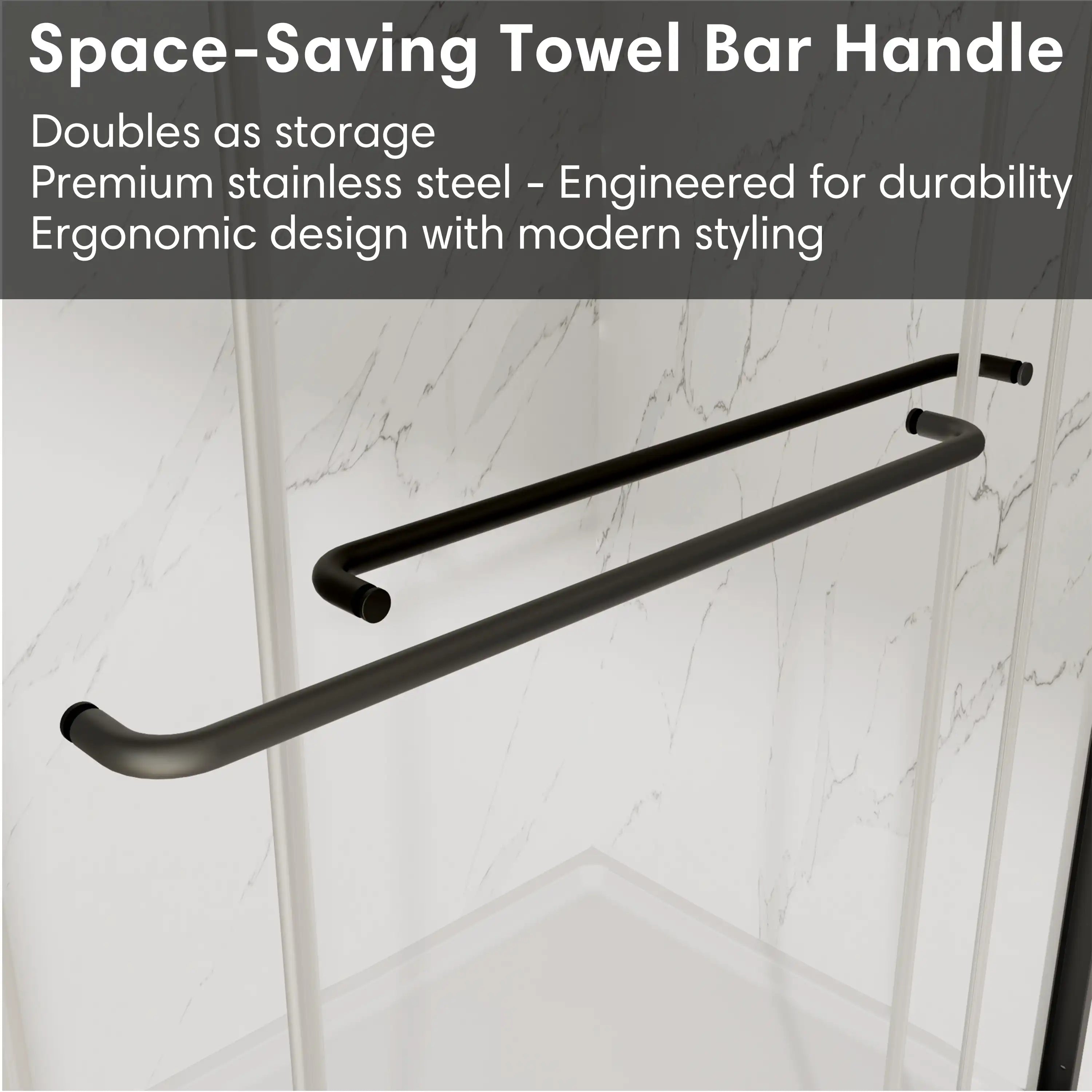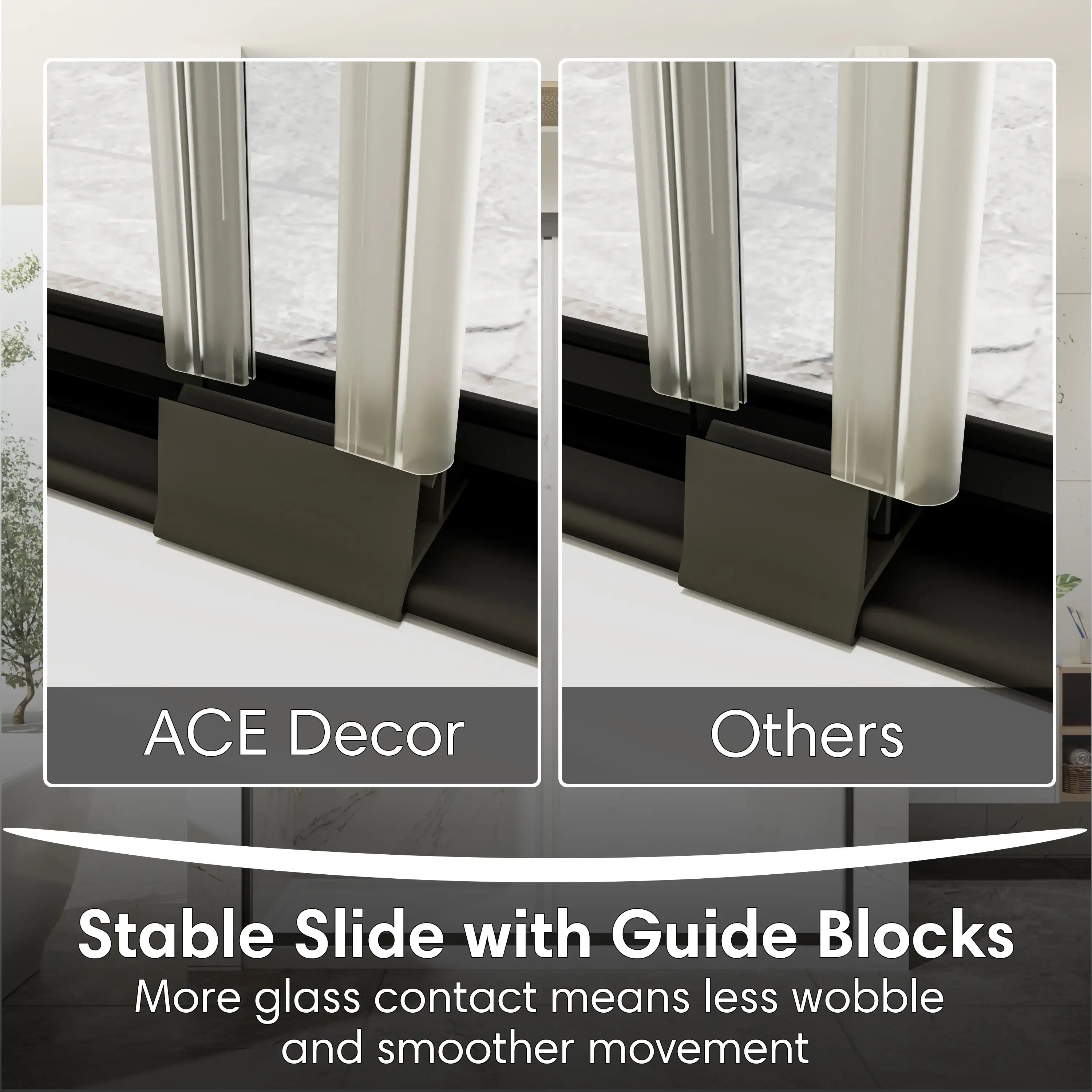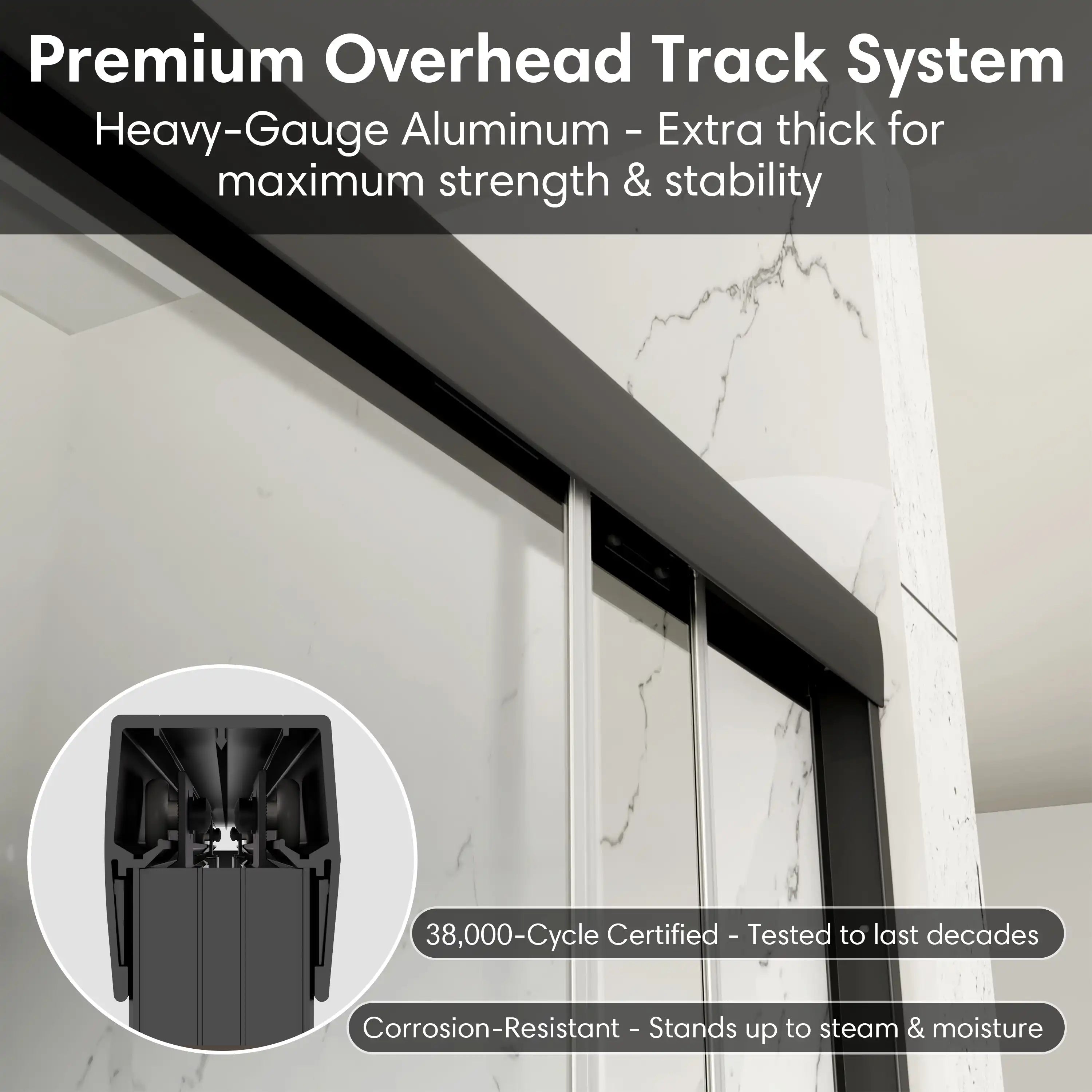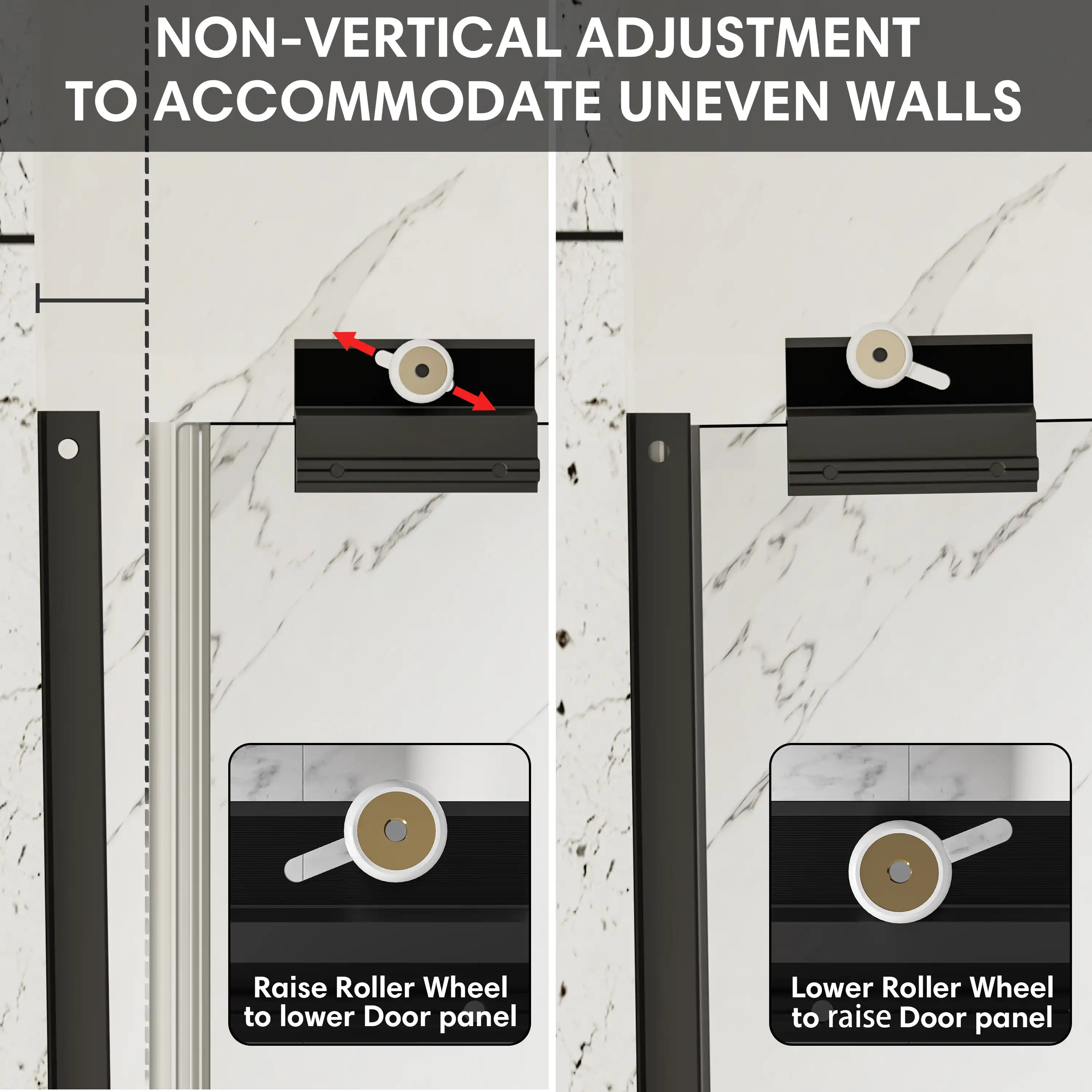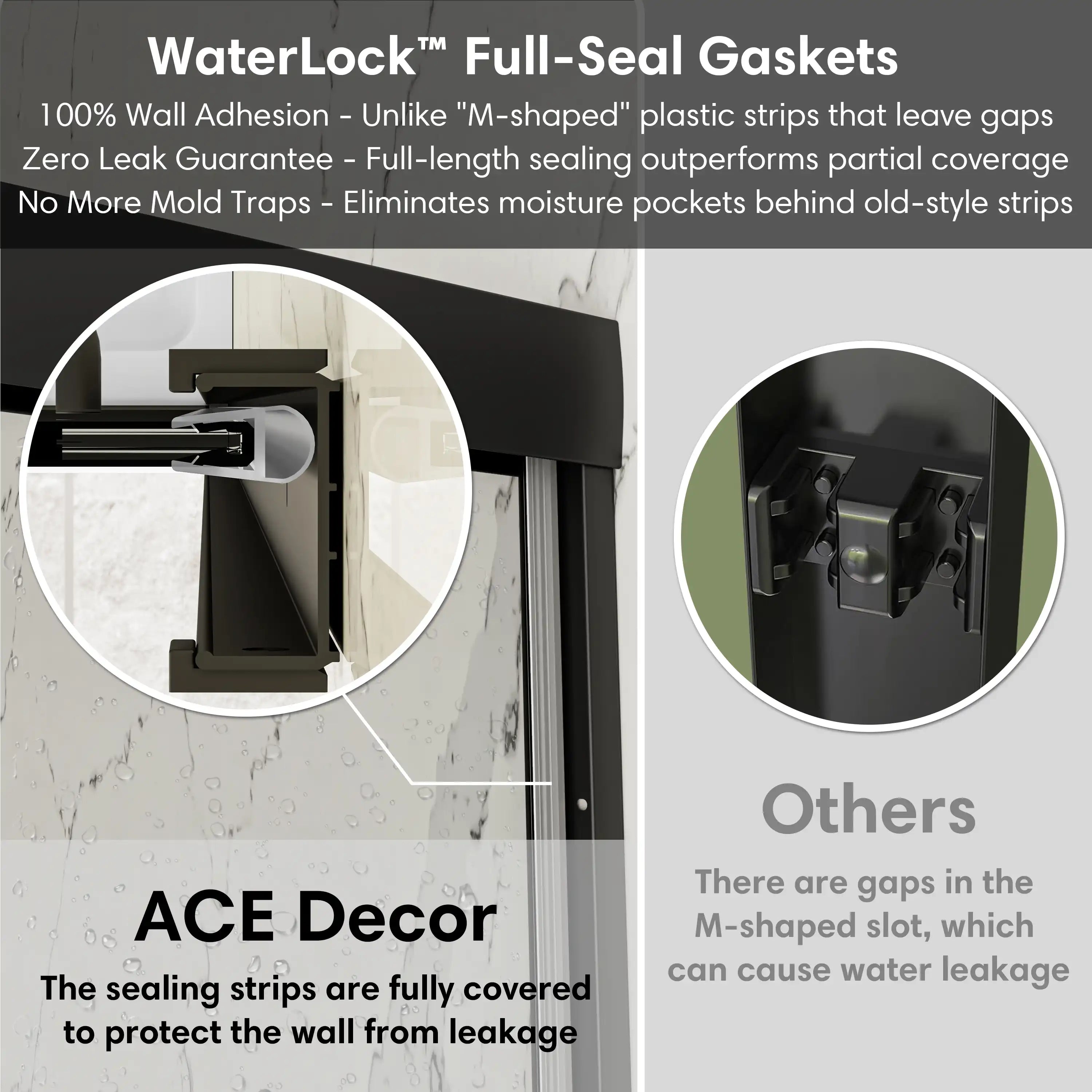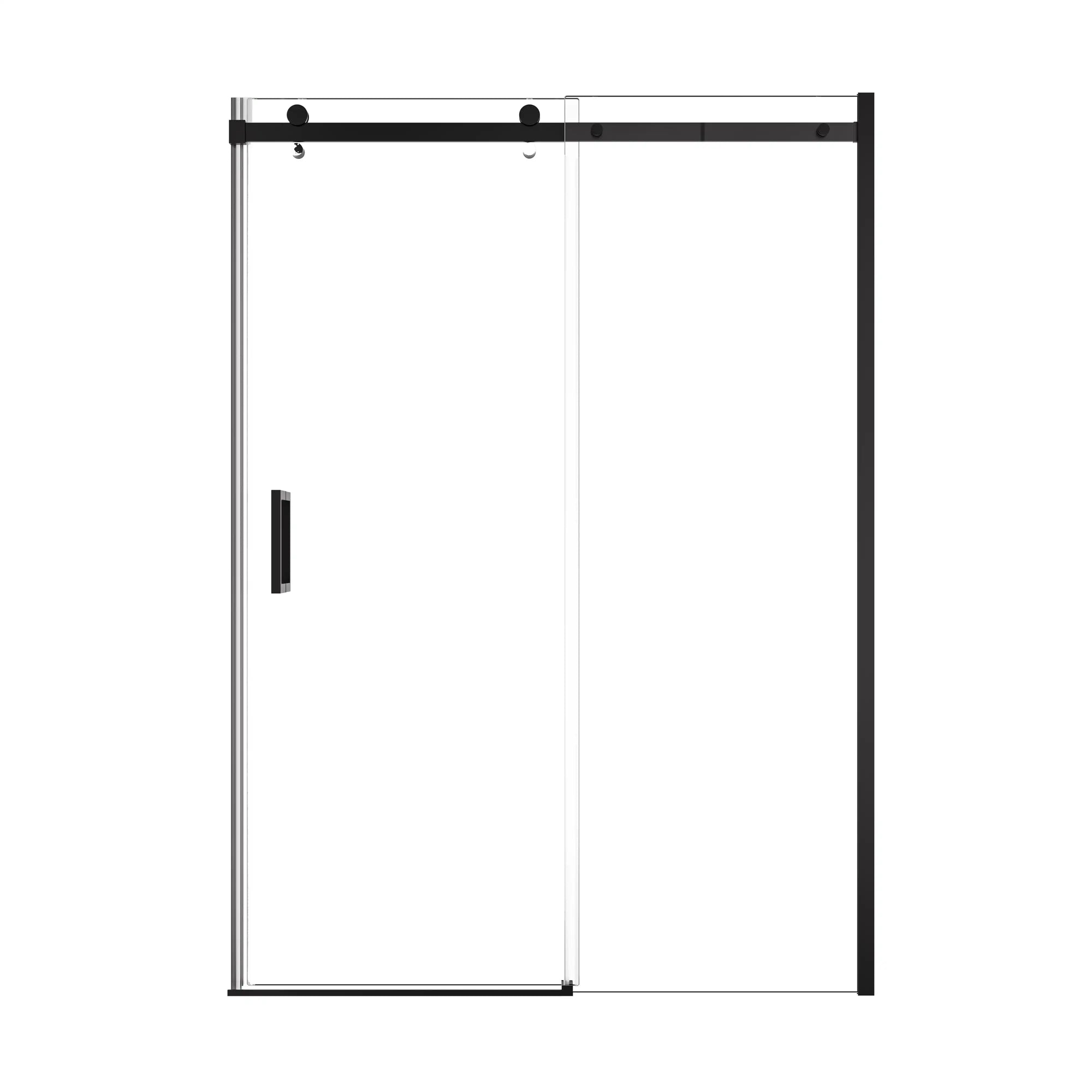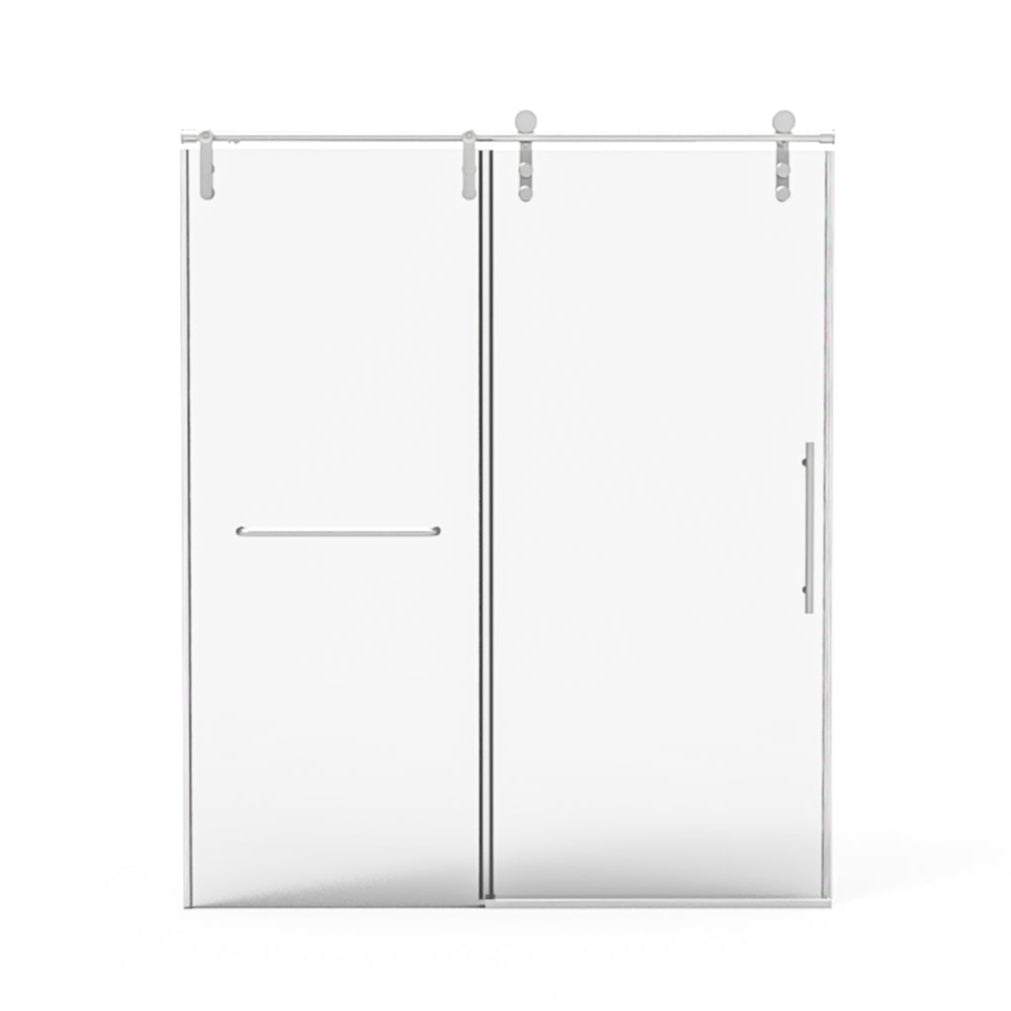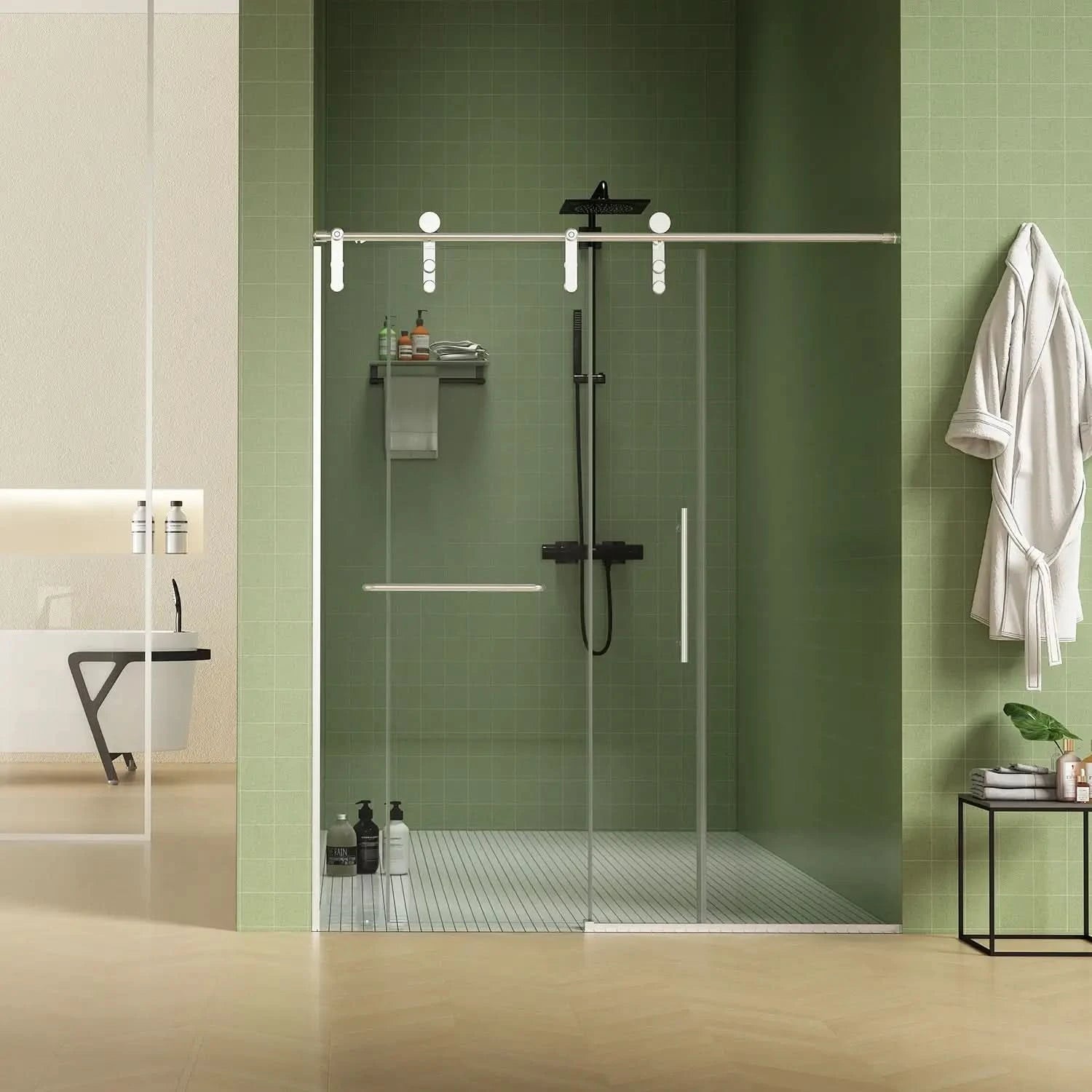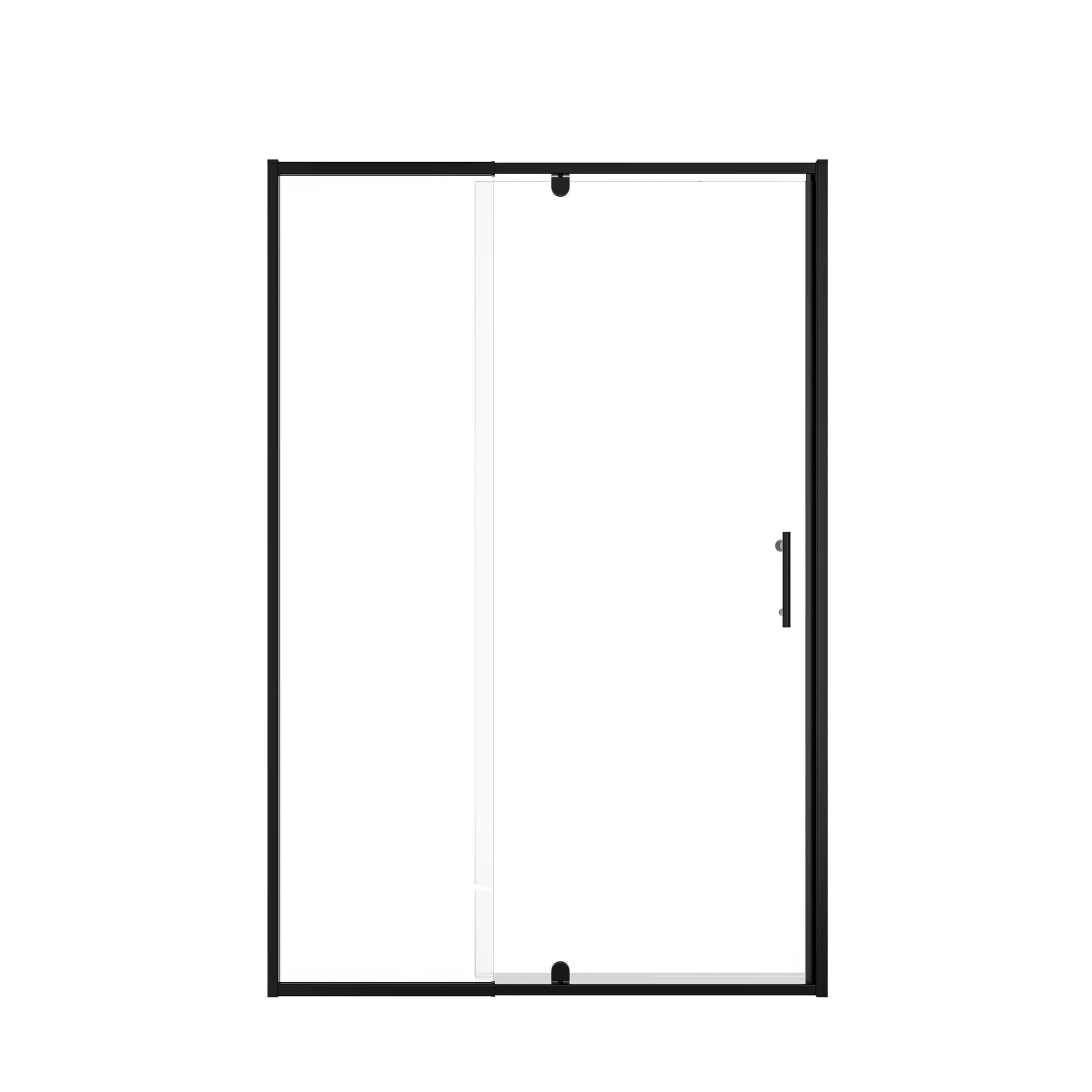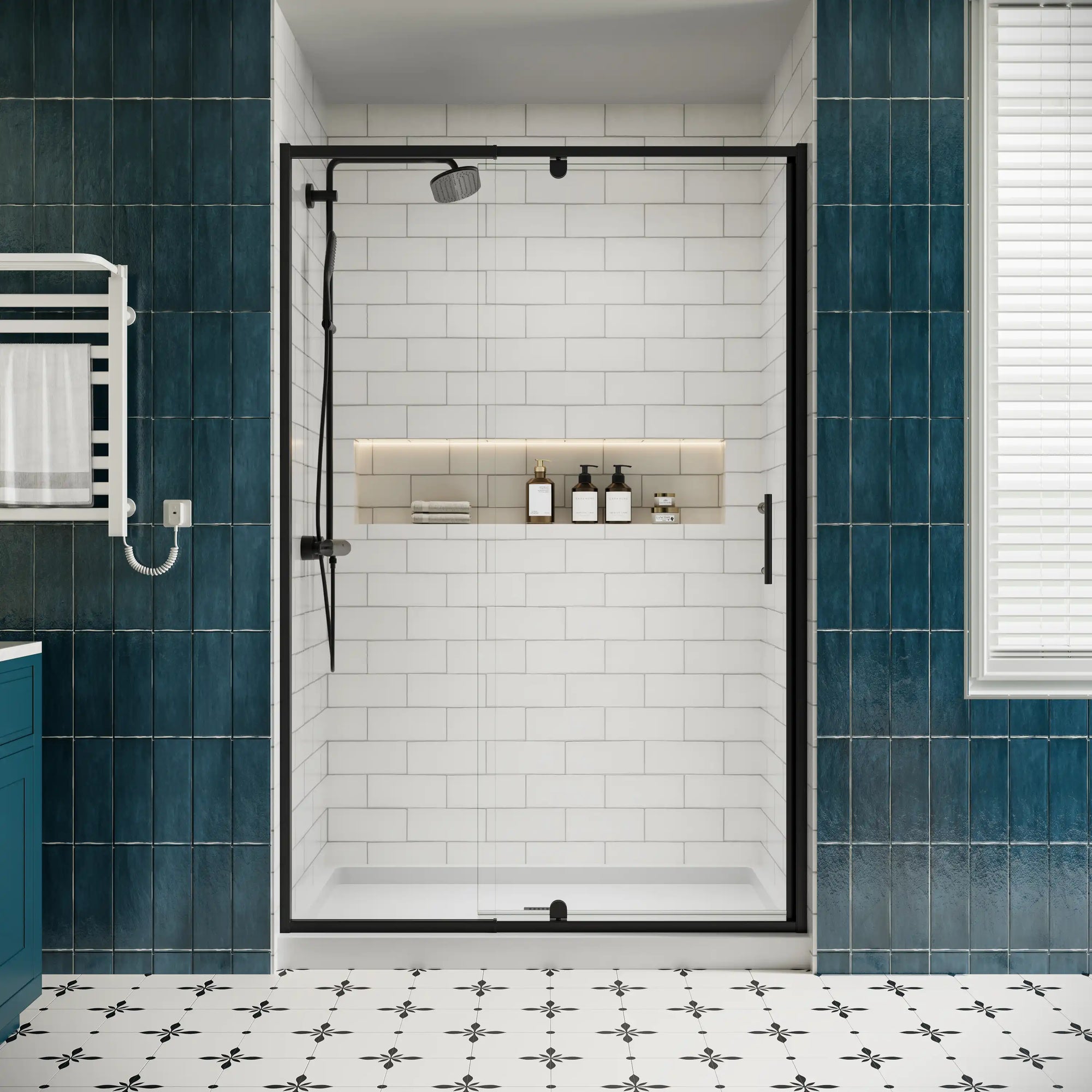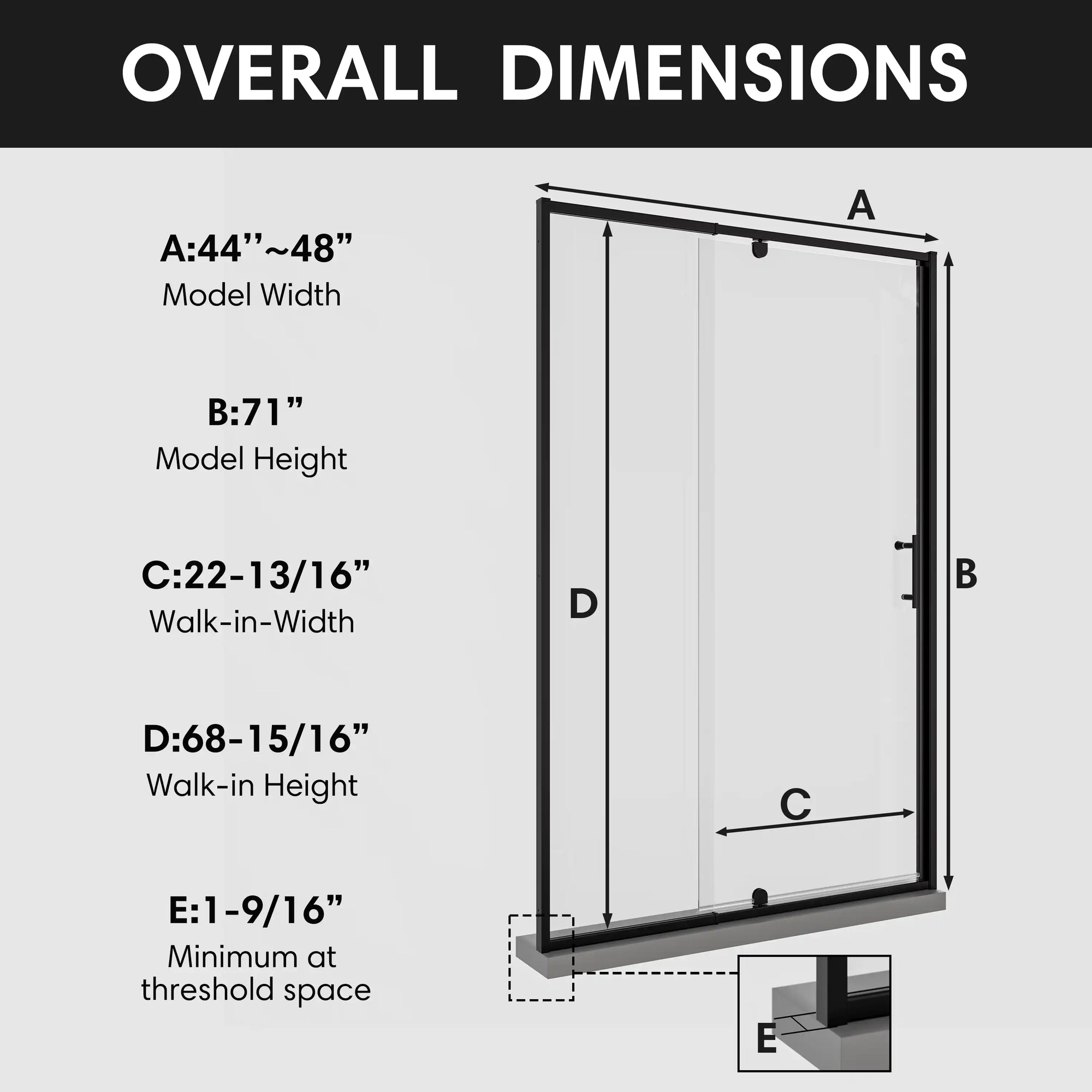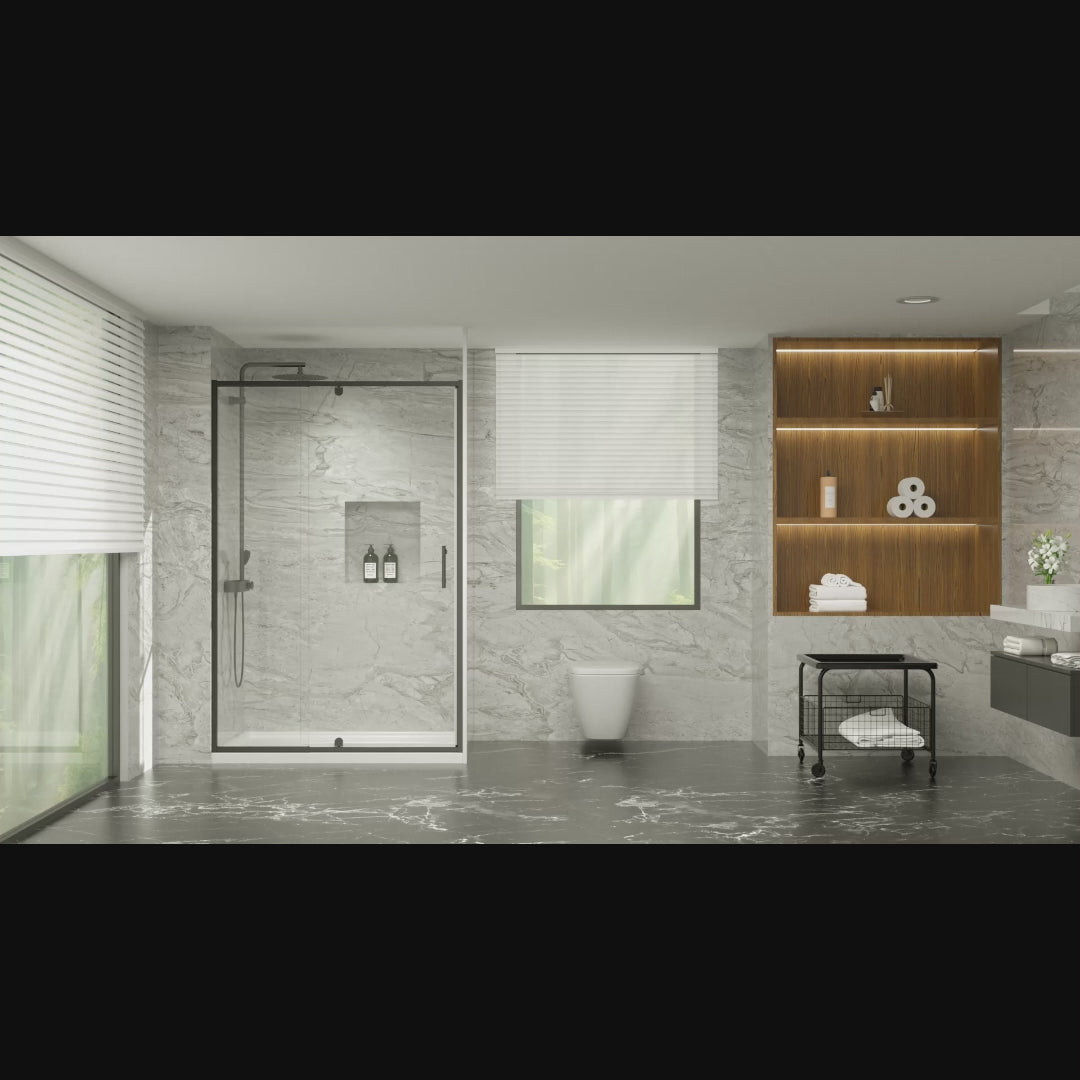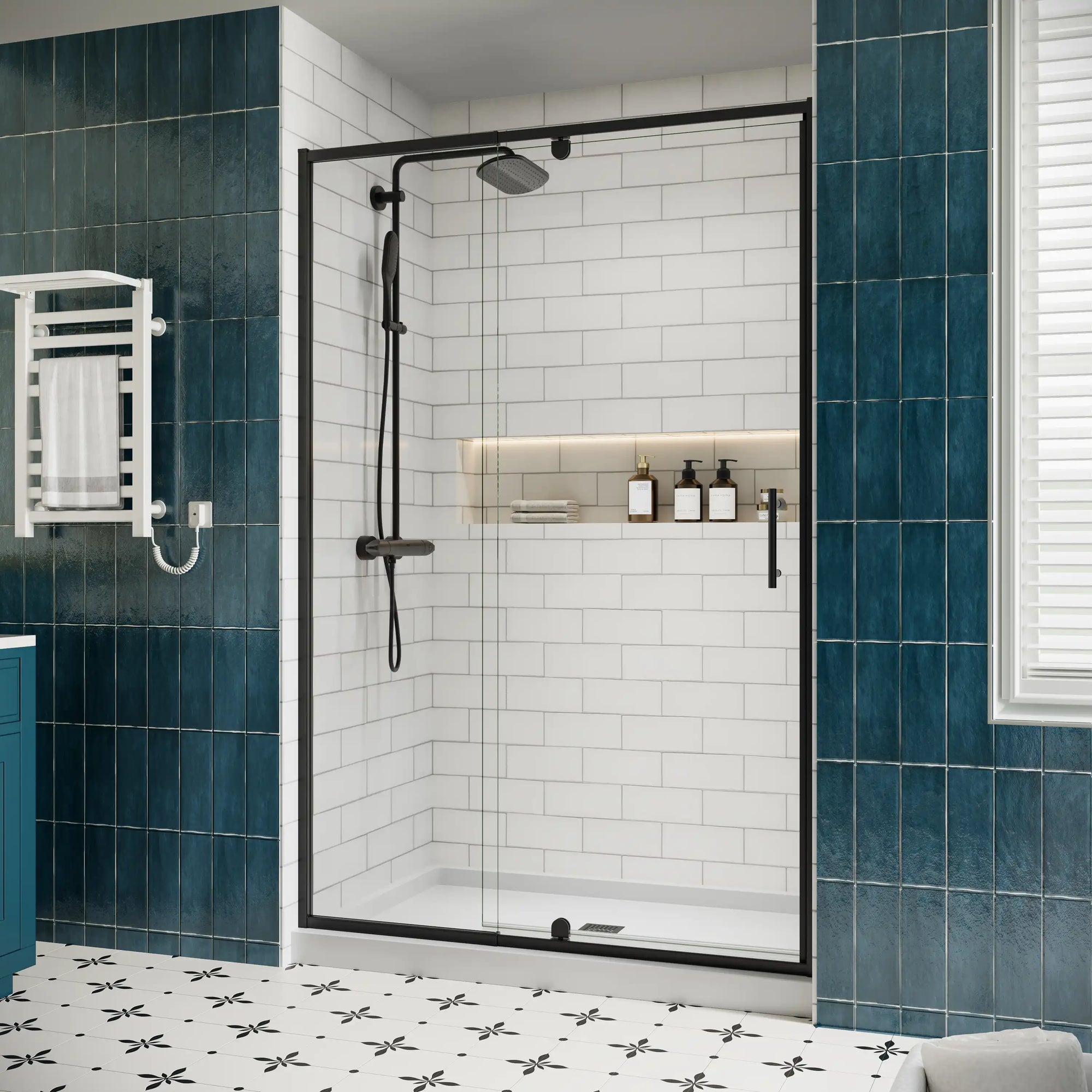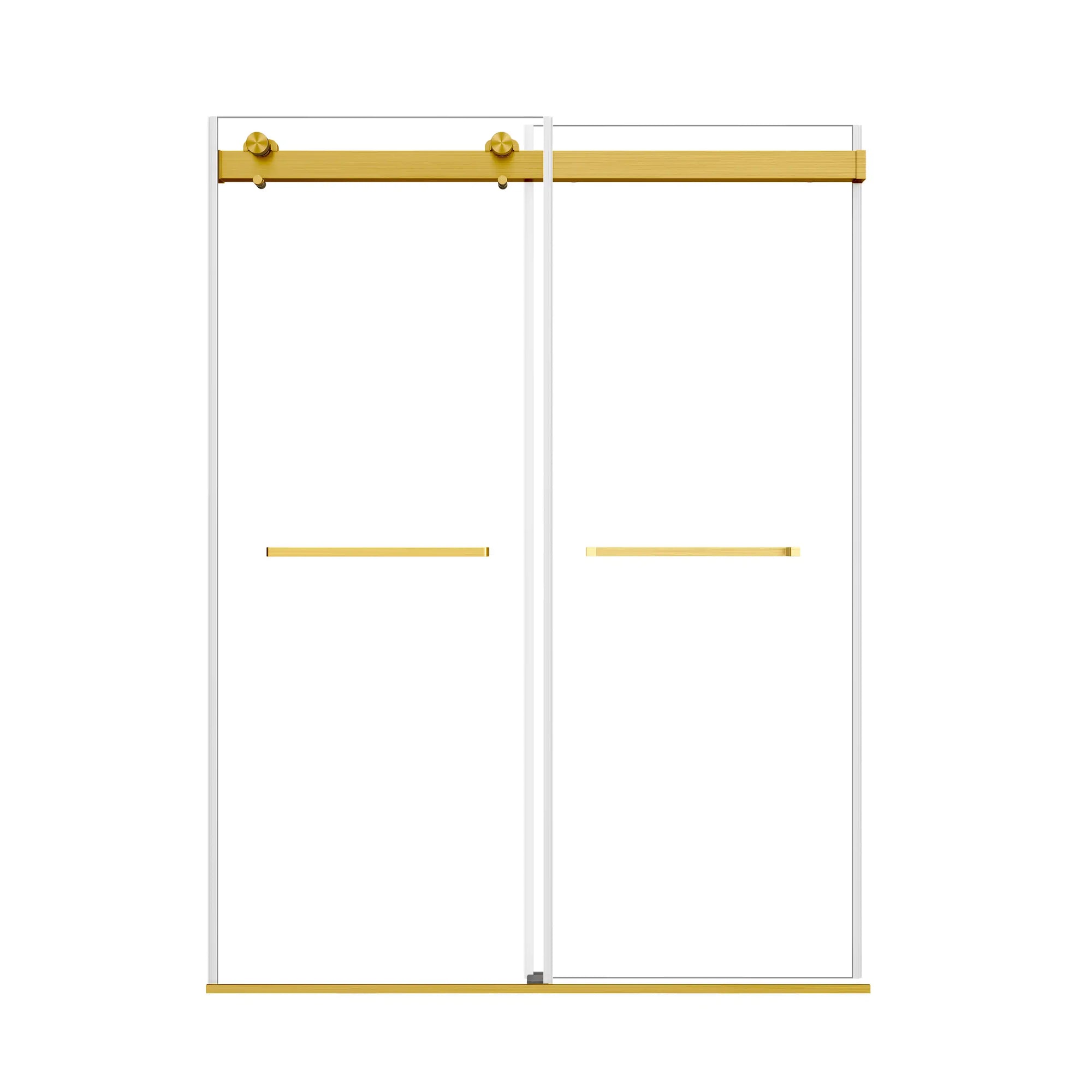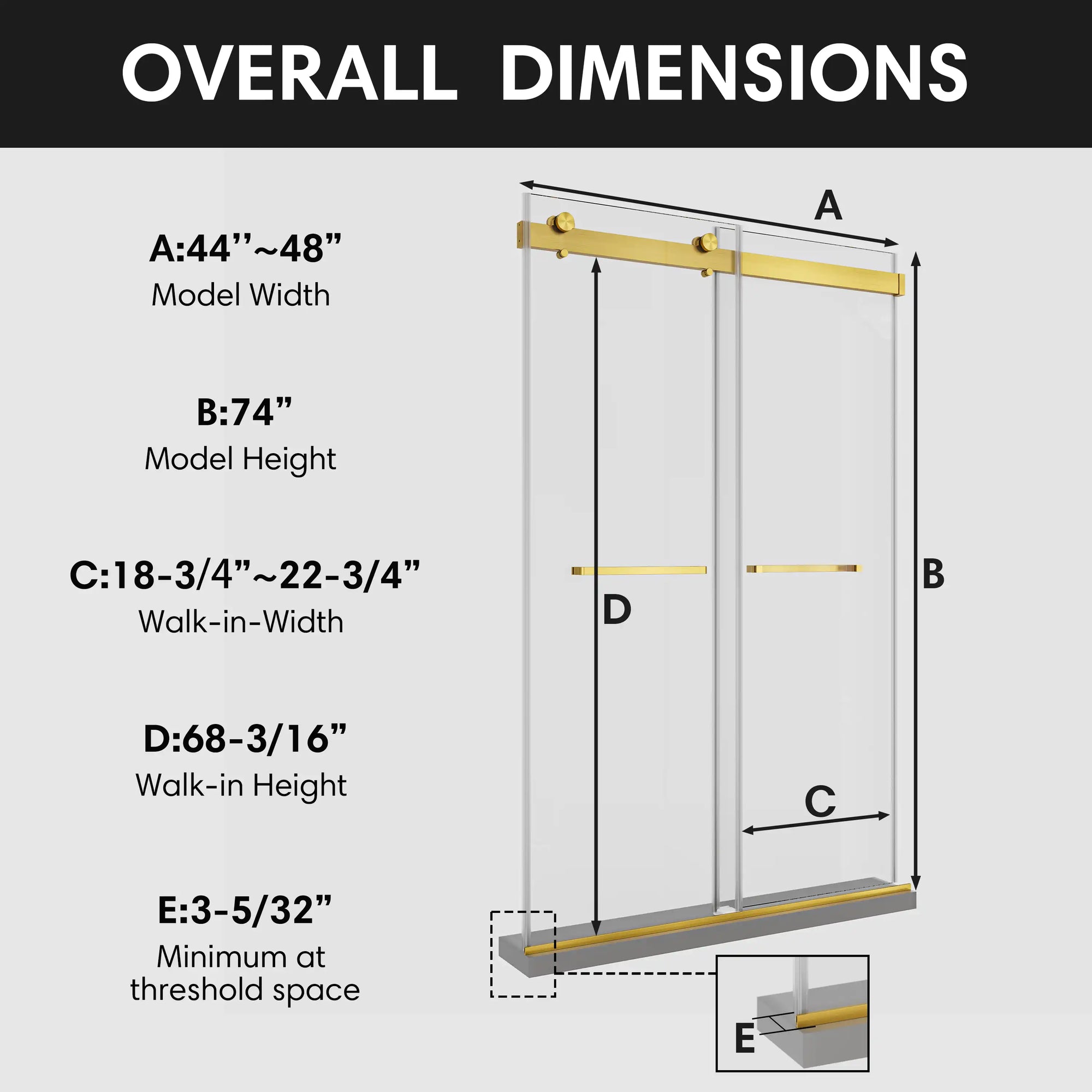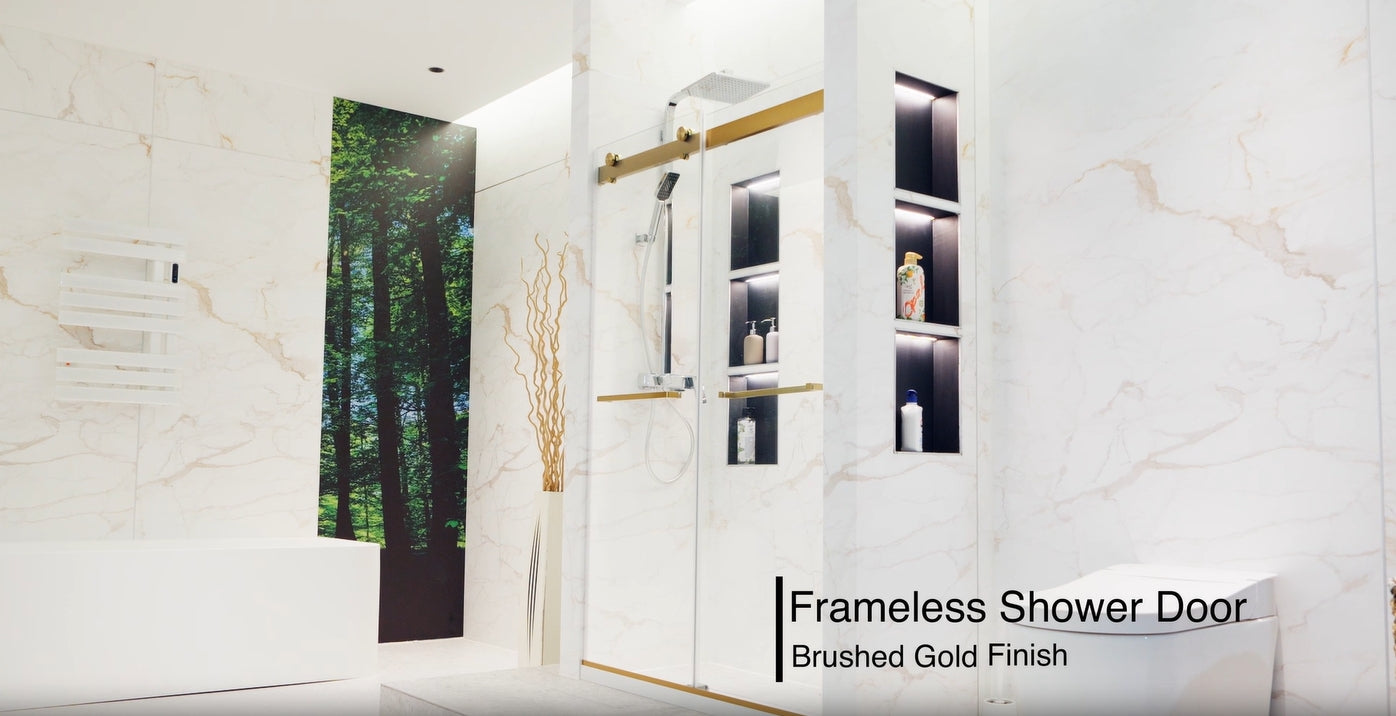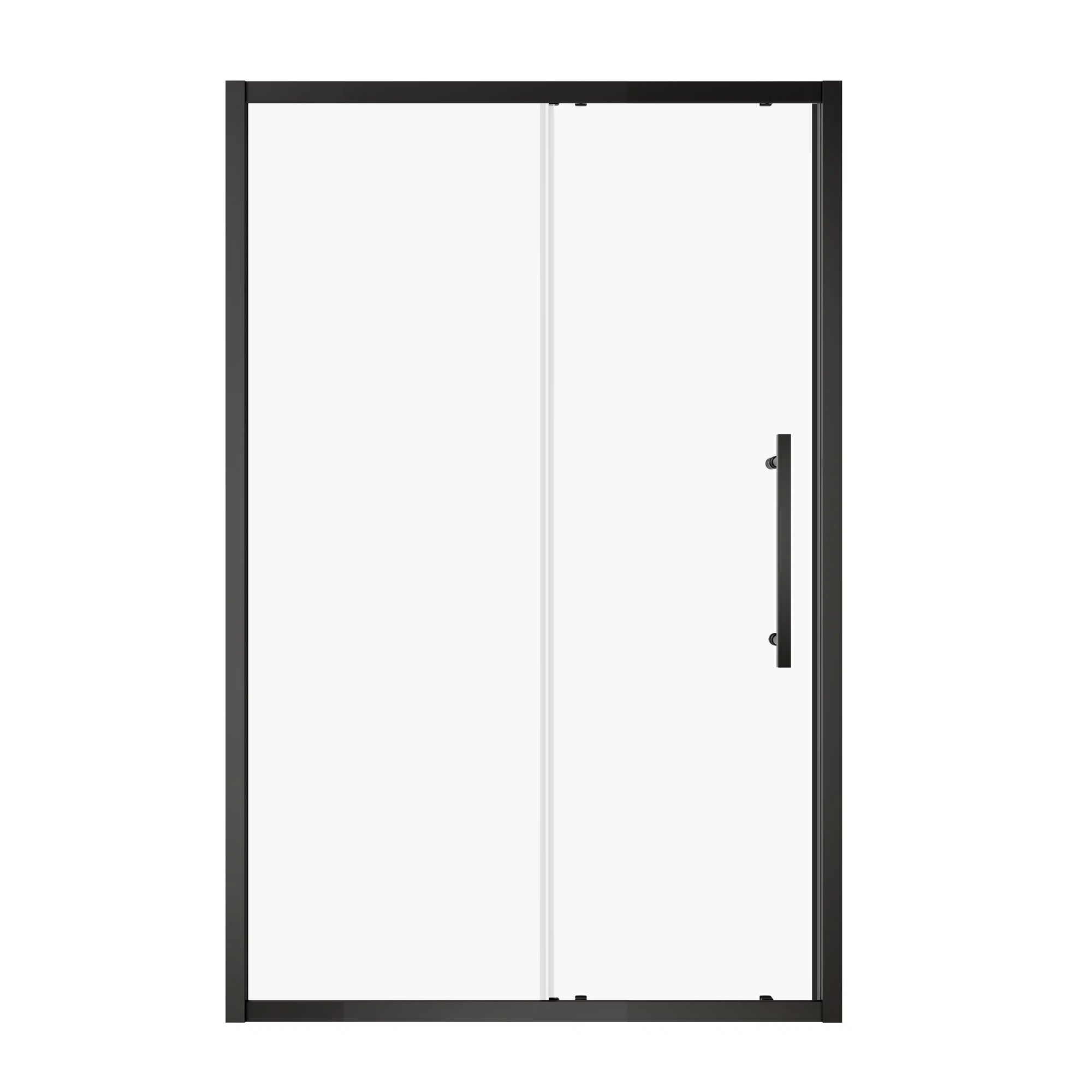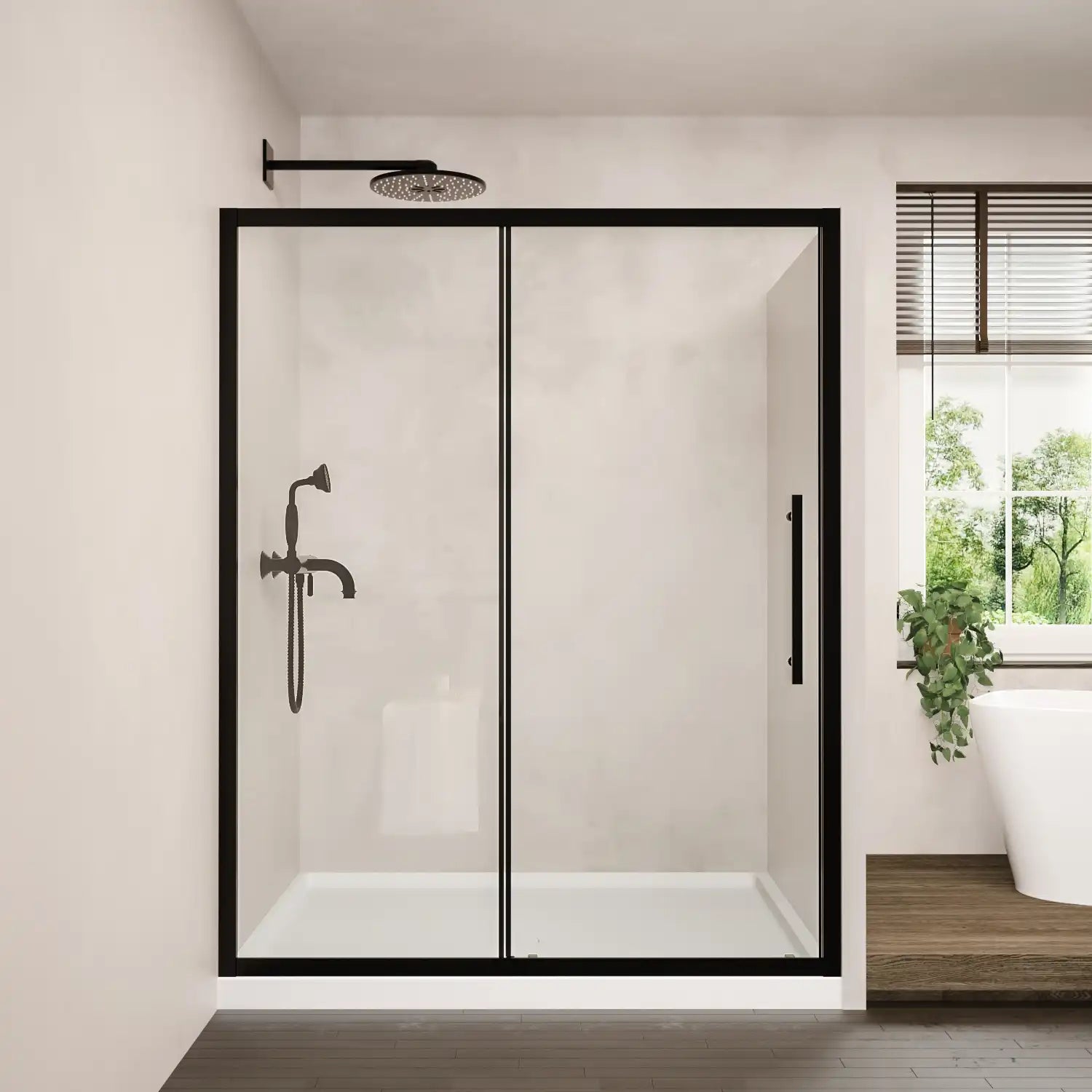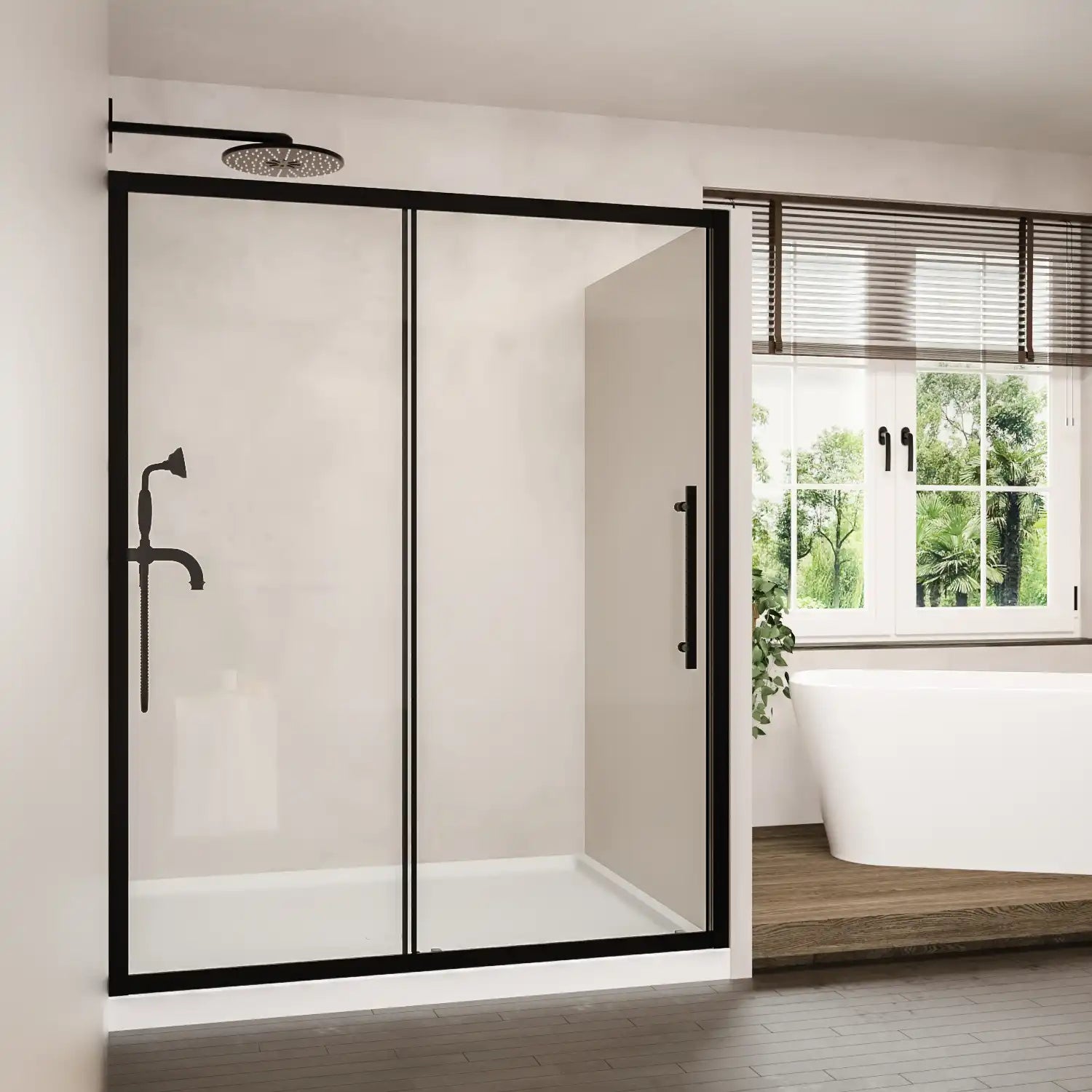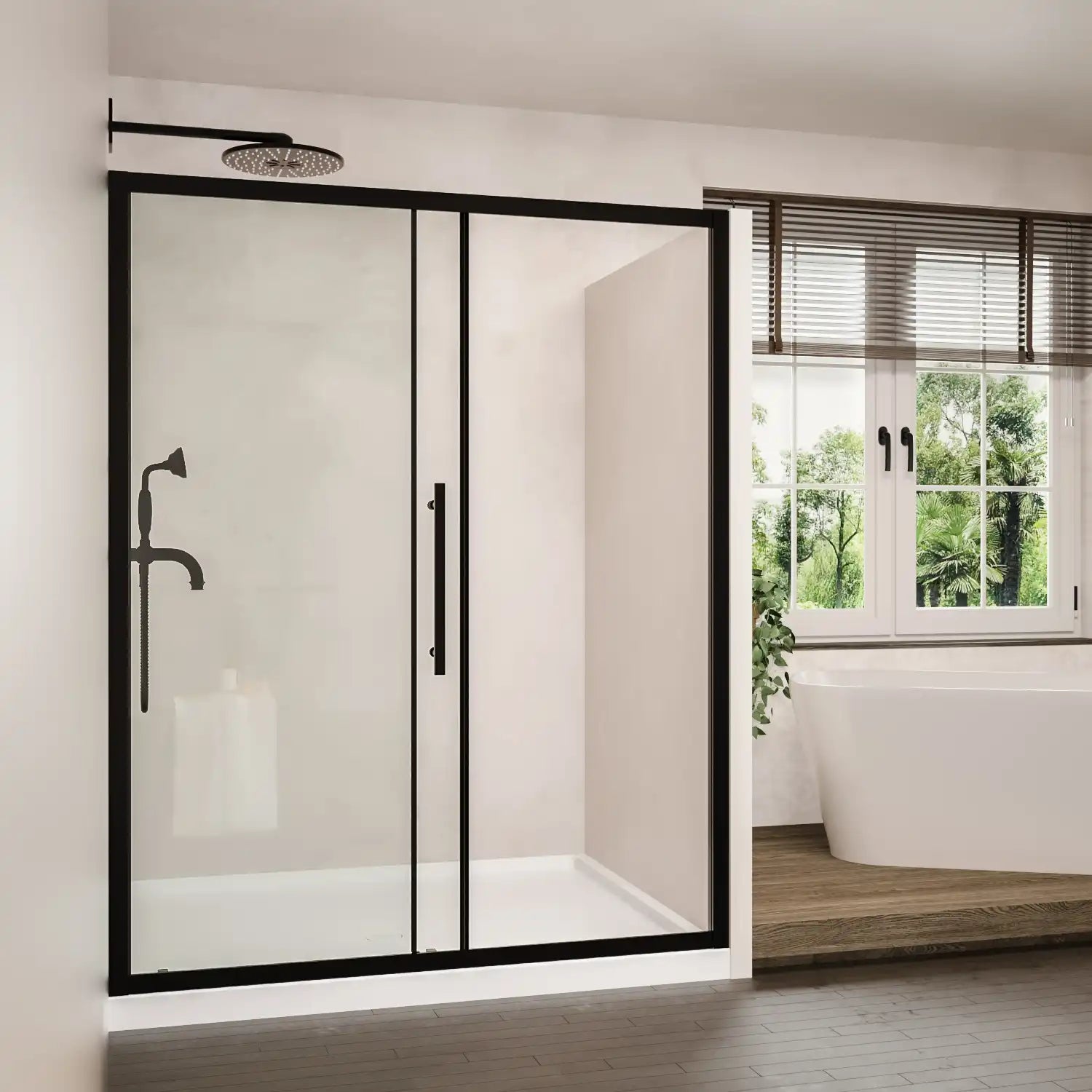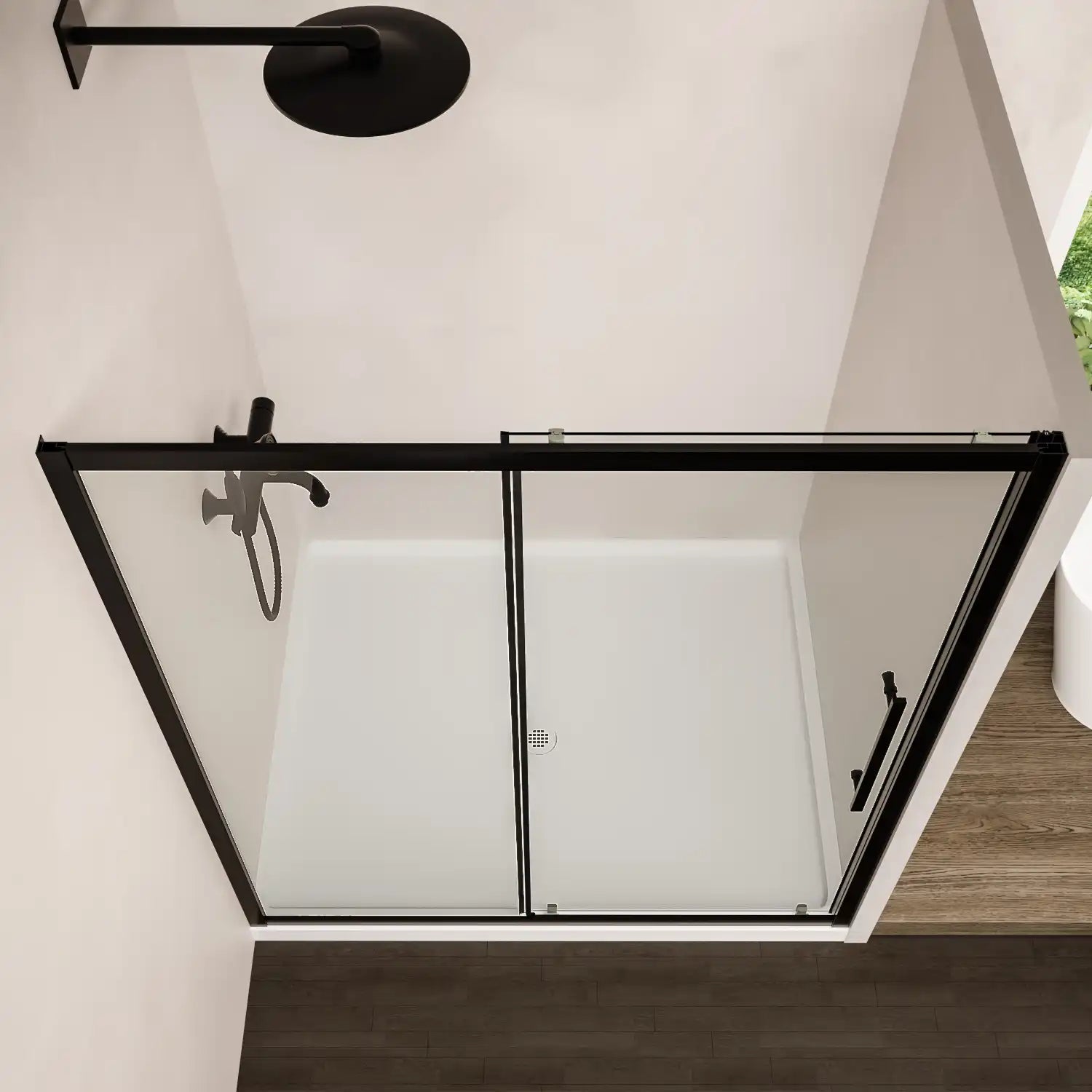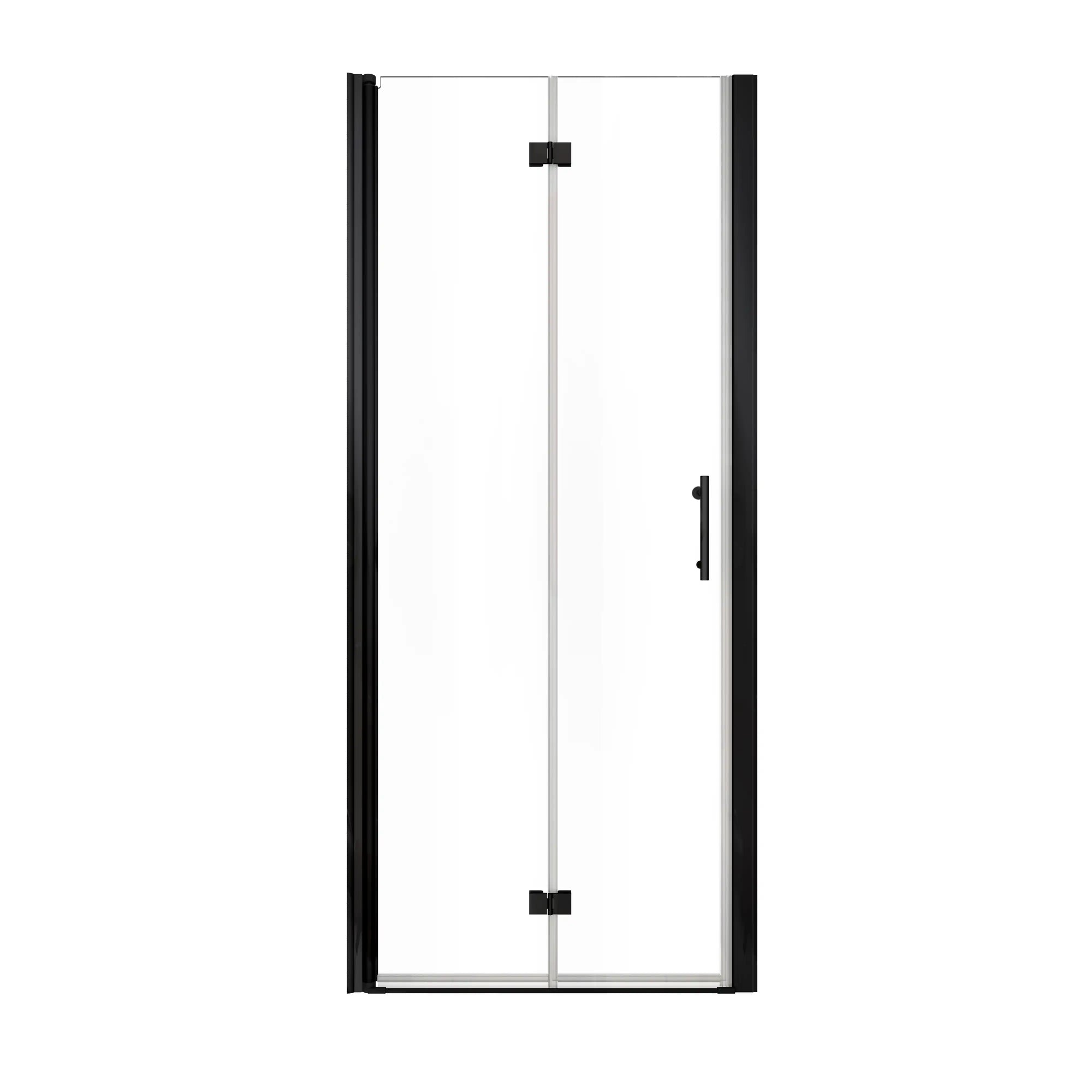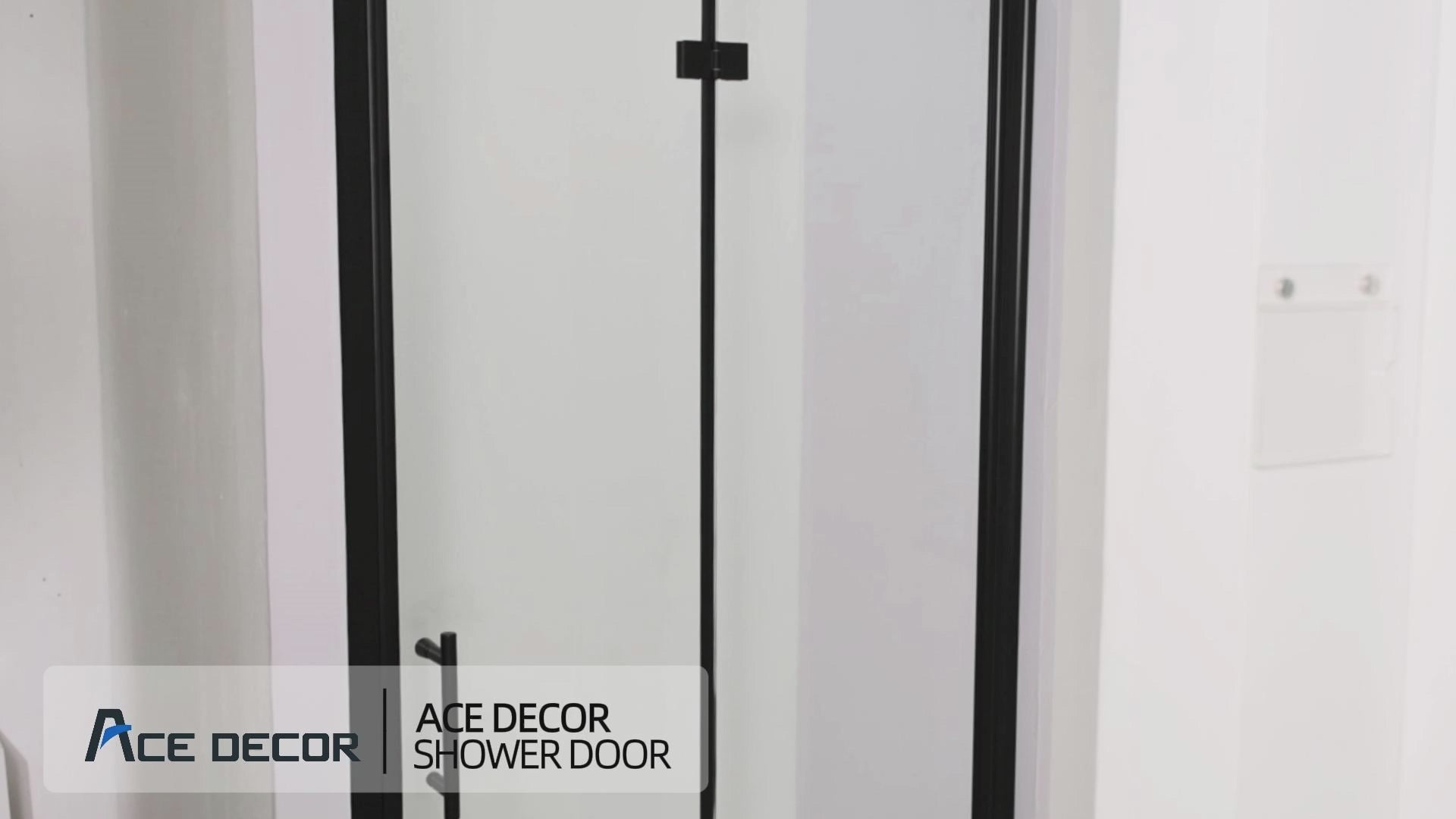Introduction
When it comes to bathroom remodeling, one of the most visually impactful yet often overlooked decisions is choosing the right glass for shower doors. Your decision goes far beyond looks; it impacts safety, ease of maintenance, privacy and even long-term value. No matter if you are going for an ultra-modern frameless enclosure or a upgrade for a classic configuration, choosing the right sort of shower glass is crucial.
From the style of the glass surface to its thickness, coating, and overall construction, each element contributes to how your shower functions and feels. This guide will help you discover all you need to know when picking the right glass for shower doors, so you can make an informed decision that aligns with your space, budget, and lifestyle.
Table of Contents:
- Glass Styles: More Than Just Transparency
- Glass Thickness and Safety: What You Need to Know
- Protective Coatings and Maintenance Made Easy
- Glass Shower Door Types: Framed, Frameless, and More
- Balancing Budget, Space, and Style: Making the Right Choice
- Conclusion
- FAQ
Glass Styles: More Than Just Transparency
Your shower begins with the type of glass you use, which creates the look of your shower design. Though clear glass remains timeless, there are many other options that cater to privacy needs and design preferences.
-
Clear Glass provides an airy, contemporary appearance, and fills your space with natural light. Perfect for highlighting tile work or simply to open up a small bathroom by visually expanding the space. However, it also exposes water spots and fingerprints more readily.
-
Frosted Glass provides a sandblasted or acid-etched surface that blurs outlines and enhances privacy. It’s a smart option for shared bathrooms or households where privacy is important.
-
Textured Glass includes patterns like geometric designs that make them partially obscured or more decorative. The texture also helps diffuse light and conceal minor smudges.
-
Rain Glass imitates the appearance of water trickling down a windowpane. It is beautiful yet functional, providing a medium level of privacy and the ambiance of a soft spa.
-
Tinted Glass reduces glare and adds a subtle tone that complements certain interior color palettes. It also offers some visual coverage while retaining transparency.
The best glass for shower doors is not just about clarity — it’s about balancing light transmission, privacy, and stylistic cohesion with your bathroom design.

Glass Thickness and Safety: What You Need to Know
In terms of durability and user experience, thickness is also important. Most shower door glass is either 6mm, 8mm, 10mm, or 12mm thick. Thicker glass makes for a more substantial and premium feel, but it also affects hardware and installation requirements.
Most importantly, safety is non-negotiable. Shower doors must be made of tempered glass. If it breaks, it crumbles into small, blunt pieces instead of dangerous shards. Some high-end designs use laminated glass, which sandwiches a plastic layer between two sheets of glass. This type remains intact even when cracked, offering enhanced security and soundproofing.
For added peace of mind, it’s best to choose shower glass that meets recognized safety certifications—such as ANSI Z97.1 or CPSC 16 CFR 1201. Products like those in the ACE DECOR shower door are built with certified materials, combining safety with long-term performance.
In summary:
-
6mm: Lightweight and cost-effective, used for framed doors
-
8mm: Mid-range balance of stability and affordability
-
10-12mm: Preferred for frameless doors due to their structural strength
-
Always look for tempered glasses that carry recognized safety certifications

Protective Coatings and Maintenance Made Easy
Modern shower glass isn’t just about form — it can also offer function through advanced coatings. Many manufacturers now apply hydrophobic or nano-coatings that repel water, soap, and mineral deposits. These invisible layers prevent buildup and reduce the need for daily scrubbing.
Without such coatings, clear glass is prone to etching from hard water stains, especially in hard water areas. Over time, this can dull the finish and make cleaning more difficult. Coated glass, on the other hand, retains its clarity with minimal upkeep — often just a squeegee and a mild cleaner.
Here’s a quick comparison:
-
With coating: Repels moisture, resists grime, reduces cleaning time
-
Without coating: Requires frequent scrubbing, susceptible to staining and spotting

Glass Shower Door Types: Framed, Frameless, and More
The style of glass build you opt for is the heart of how your shower will look and perform. Installation specifics may vary, but the actual framework of the glass enclosure can have a significant impact on your bathroom design.
-
Framed Glass Doors have metal framing around the edges of the glass. They are generally used where you have thinner glass (6-8mm) to provide very high support at a lower cost. They may not be as visually unobtrusive as frame-less options available in the market but they ensure the best stability.
-
Semi-Frameless Glass Doors are framed on the outside edges, but the door panels themselves are relatively unframed. It gives a cleaner look but still provides some structural support,
-
Frameless Glass Doors use thicker, heavy-duty glass (usually 8 -12mm) and minimal hardware. The result is a sleek, modern look that enhances light flow and creates a sense of openness. Frameless designs are also easier to clean due to fewer crevices.
Balancing Budget, Space, and Style: Making the Right Choice
No bathroom renovation is complete without aligning aesthetics, performance, and cost. Choosing the best glass for shower doors depends not only on taste but also on practical constraints.
Budget:
-
Framed doors with clear glass are typically the most affordable.
-
Frameless designs with thick glass and coatings represent the premium tier.
-
Consider investing in protective coatings upfront to save on long-term maintenance.
Space:
-
In compact bathrooms, lighter glass with higher transparency can make the area feel more open.
-
For larger bathrooms, textured or frosted options provide privacy while complementing the space.
Style:
-
Minimalist or modern interiors benefit from frameless and clear glass.
-
Industrial or traditional styles may pair better with framed or tinted glass.
While it's tempting to focus purely on aesthetics, don't overlook performance and practicality. Choosing the right shower door glass is a long-term investment that should support your lifestyle and enhance your daily routine.

Conclusion
Selecting the right glass for shower doors goes far beyond looks. From the thickness and safety of the glass to its surface style and maintenance profile, every factor contributes to the final experience.
In this guide, we’ve explored the core decision areas: glass styles, thickness and safety, protective coatings, enclosure types, and how to match all of that with your budget and space.
By approaching your decision holistically, you can ensure that your shower door not only complements your bathroom design but also delivers long-lasting performance.
FAQ
Q1. What is the most durable glass for shower doors?
A: Tempered glass is the most commonly used and durable material for shower doors. Laminated glass is even stronger and stays intact upon impact but is typically more expensive.
Q2. How do I keep shower door glass from spotting?
A: Use glass with a hydrophobic coating to minimize water spots. After each shower, use a squeegee to remove moisture. Monthly cleaning with a pH-neutral cleaner or vinegar solution.
Q3. Is frameless shower glass harder to maintain?
A: Not necessarily. Frameless glass doors have fewer crevices where mold or grime can accumulate. With a protective coating, they are actually easier to maintain.
Q4. What’s the ideal glass thickness for everyday residential use?
A: For most homes, 8mm tempered glass provides the right balance of safety, durability, and aesthetics.
Q5. Which glass style offers privacy without sacrificing light?
A: Frosted and rain glass both provide excellent privacy while still allowing natural light to filter through.
Related Articles
A Complete Guide to Glass Shower Door Replacement: What You Need to Know
Installation Guide: DIY Steps for Installing Glass Shower Sliding Doors
The Ultimate Guide to Choosing Glass Custom Shower Doors for Your Bathroom


